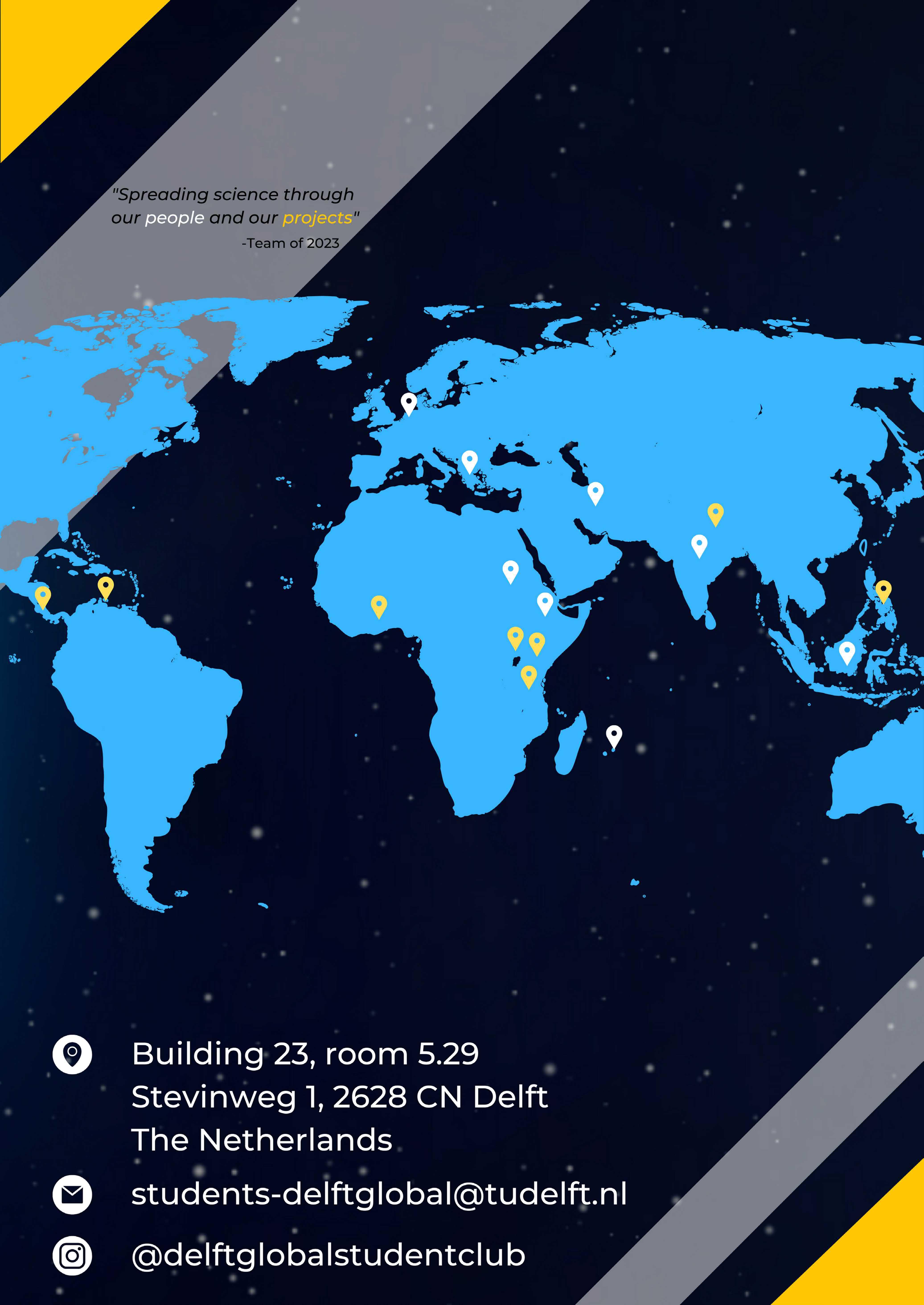









It is with great pleasure that we present the latest edition of Globazine, the official magazine of the Delft Global Student Club. As an organization committed to promoting global development and sustainability, we are thrilled to feature articles and stories that highlight the incredible work being done by Delft Global Initiative’s members and partners to address pressing societal challenges.
Through the lenses of science and technology, we showcase innovative and sustainable solutions for the benefit of the world. The articles in this edition explore diverse disciplines including healthcare, energy, water management, and urbanization, providing readers with a broad and insightful perspective on the current state of development activities of the Initiative.
We are proud to share the incredible work being done by our Events, PR, and Globazine Committees in promoting and spreading knowledge about the various local and international initiatives. The student-led teams work tirelessly to create engaging events and communication strategies. Looking ahead, we are excited to continue our mission of promoting sustainable global development and fostering a community of like-minded individuals.
As always, we appreciate the support and engagement of our readers, and we look forward to continuing to bring you thought-provoking and inspiring content through the pages of Globazine.
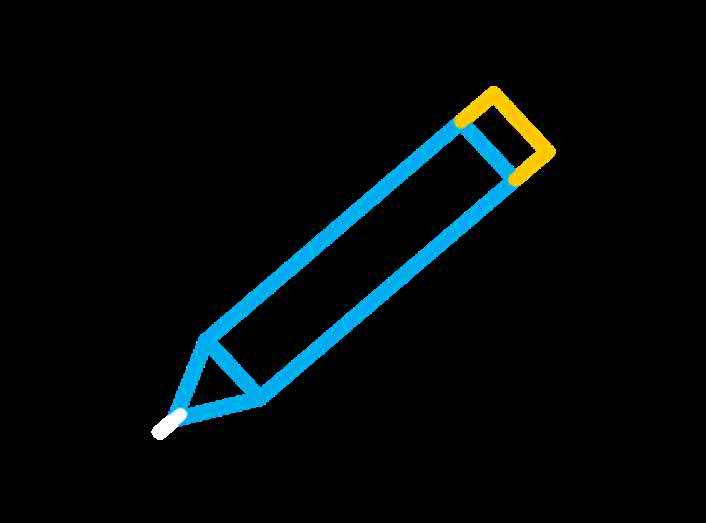
Enjoy the new issue of Globazine!!
Sincerely, GLOBAZIN
E COMMITTEE
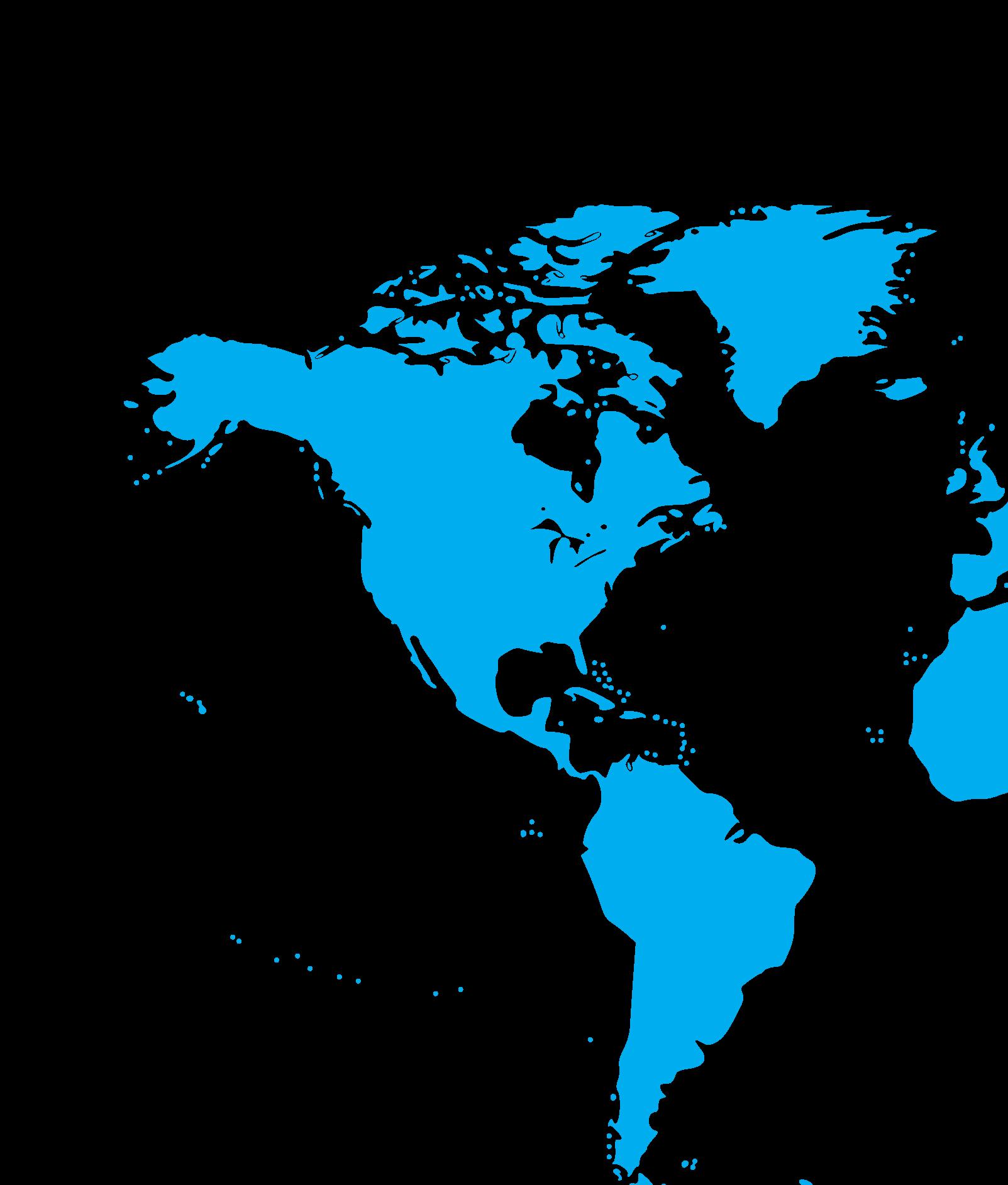



TU Delft | Global Initiative is a venture by scientists at TU Delft to advance science and technology for the benefit of the world by addressing global issues. The initiative aims to bring together expertise of multidisciplinary teams to find sustainable solutions for pressing societal challenges faced by people in lower and middle income countries such as food security, affordable and reliable energy, affordable housing, water management, clean water, and sanitation for all. The research is focused on six thematic areas: Healthcare, Energy, Water, Urbanisation, Circularity, and Disaster Resilience and Response. Notably, the solutions to these challenges are urgent in the developing world and relevant worldwide. The development of these solutions involves creative, out-of-the-box, high quality scientific and technological innovations in close collaboration with local partners with a tangible output that directly improves people’s lives. The overarching goal of the TU Delft | Global Initiative is to develop costeffective, self-reliant, low-maintenance and easy-to-use tools, services and products that create a healthier and safer living environment.
Delft Global Student Club (DGSC) is the student association of the TU Delft | Global Initiative that serves as the bridge between the students of TU Delft and the scientific community of the Delft Global Initiative. Established in 2021, the club functions to foster collaboration between students and researchers in developing science and technology for the global community. DGSC accomplishes this by planning networking events with relevant industry stakeholders, lunchtime presentations about ongoing and completed projects, as well as multi-cultural celebrations. The goal of DGSC is to raise awareness about global challenges among the student community and inspire them to contribute to these issues by providing a platform and necessary resources. Consequently, the club is actively engaged in overseeing the progress of students pursuing global development issues through the Opportunity Platform and the Student Project Support of the TU Delft | Global Initiative as well as sharing their success stories.


We had the pleasure of sitting down with the Board Members of the Delft Global Student Club (DGSC) to discuss their roles and responsibilities within the association, as well as their motivations for joining the club. Zabrina, Lisette, Akhilesh, and Anastasia come from different backgrounds and have diverse interests, but they all share a common goal of creating positive change through the club’s activities.
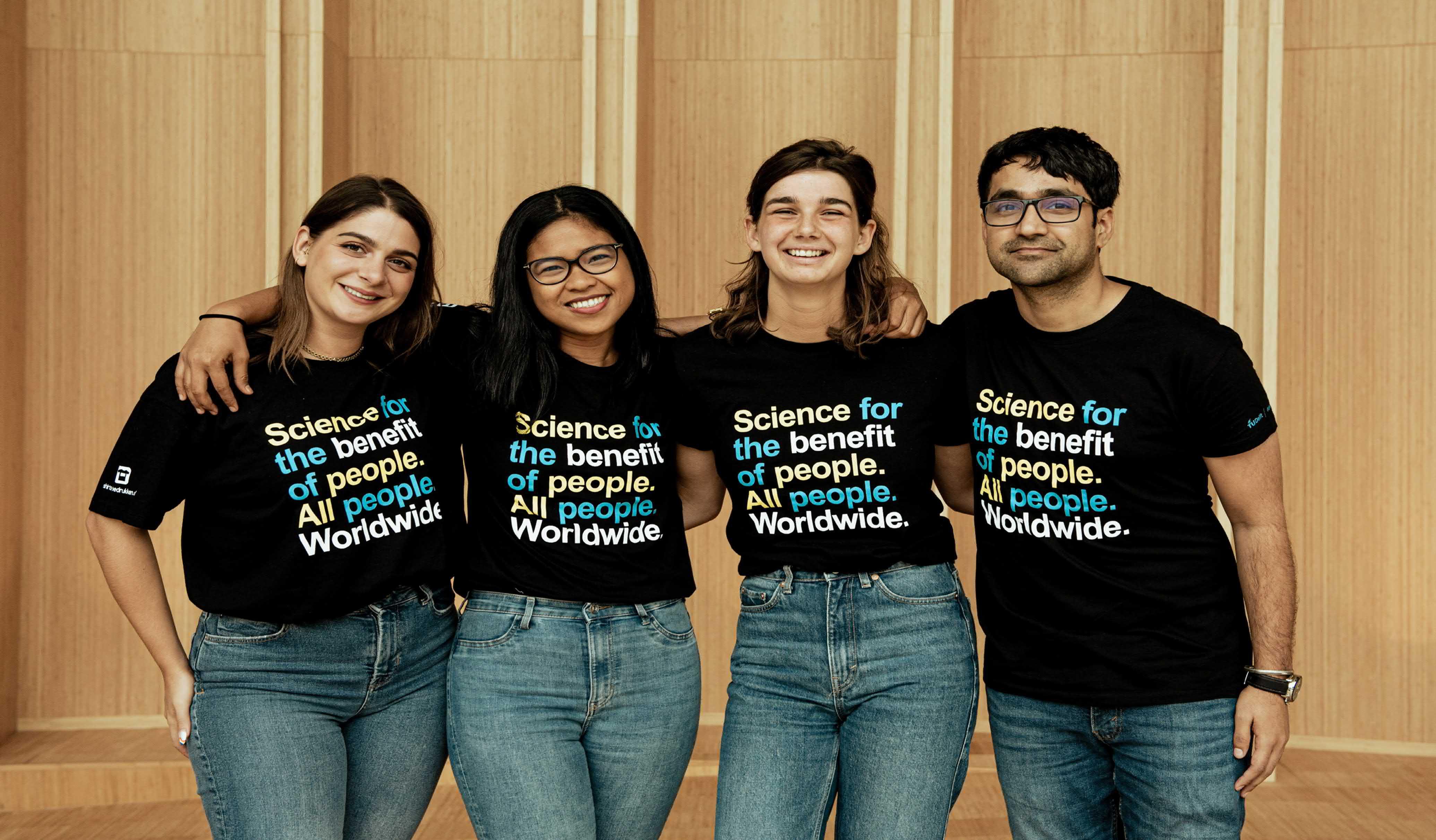

Zabrina, the chair of DGSC cohort 22-23, is a master student of Transportation, Infrastructure and Logistics from Indonesia. Apart from her studies, she has a passion for community enablement based projects, scuba diving, fragrance, and “cafetaria hopping” around the campus to try different cuisine during lunchtime. Her responsibilities include overlooking club finances as well as ensuring smooth operation of different student club divisions by coordinating and contributing to their activities. She sees being a part of DGSC as an opportunity to continue her passion for community enablement and empowerment of science and technology.
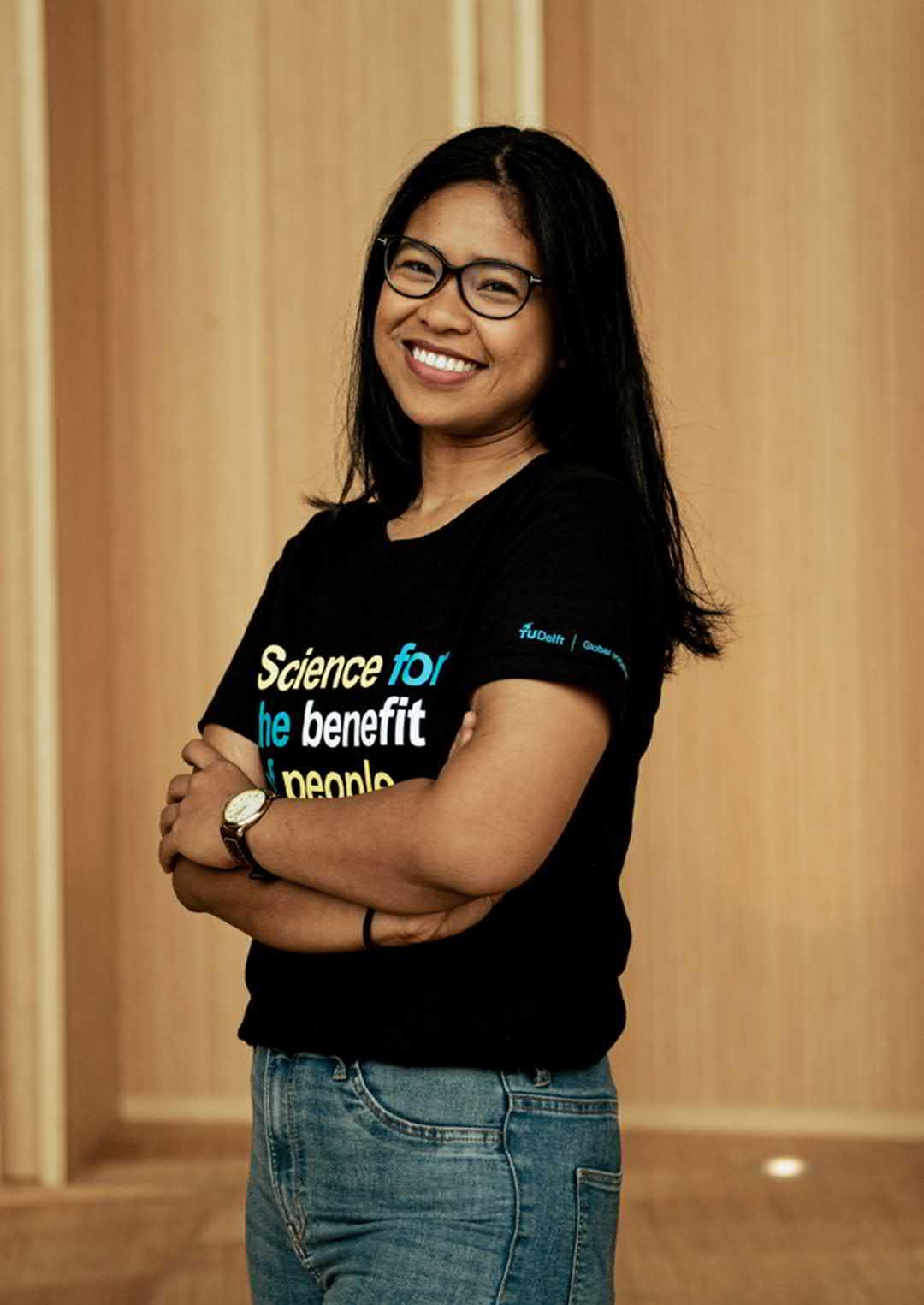
Lisette, a bachelor student in Civil Engineering from the Netherlands, is the Project & Administration Officer of DGSC for bachelor students, and heads the Events Committee of the club. She enjoys playing hockey, reading, traveling, and cooking/eating. Lisette believes that having an understanding of sustainable global development and successful projects in this area is vital to bringing real and meaningful contributions to the world around us. Together with Akhilesh, she works closely with researchers and organizations towards collecting internship and thesis opportunities which cater to the development in the Global South.
Akhilesh, a master student in Environmental Engineering from India, is the Project & Administration Officer of DGSC for MSc students. In addition, he heads the PR committee of the club and GreenTeamCEG. Akhilesh loves to travel, read fiction, watch history or space documentaries, and follow his favorite club Arsenal. His study interests lie in solving challenges encompassing infrastructure and systems in developing countries and help achieve the Sustainable Development Goals. Akhilesh joined the DGSC board to contribute towards the development in the Global South and to make the campus more sustainable.
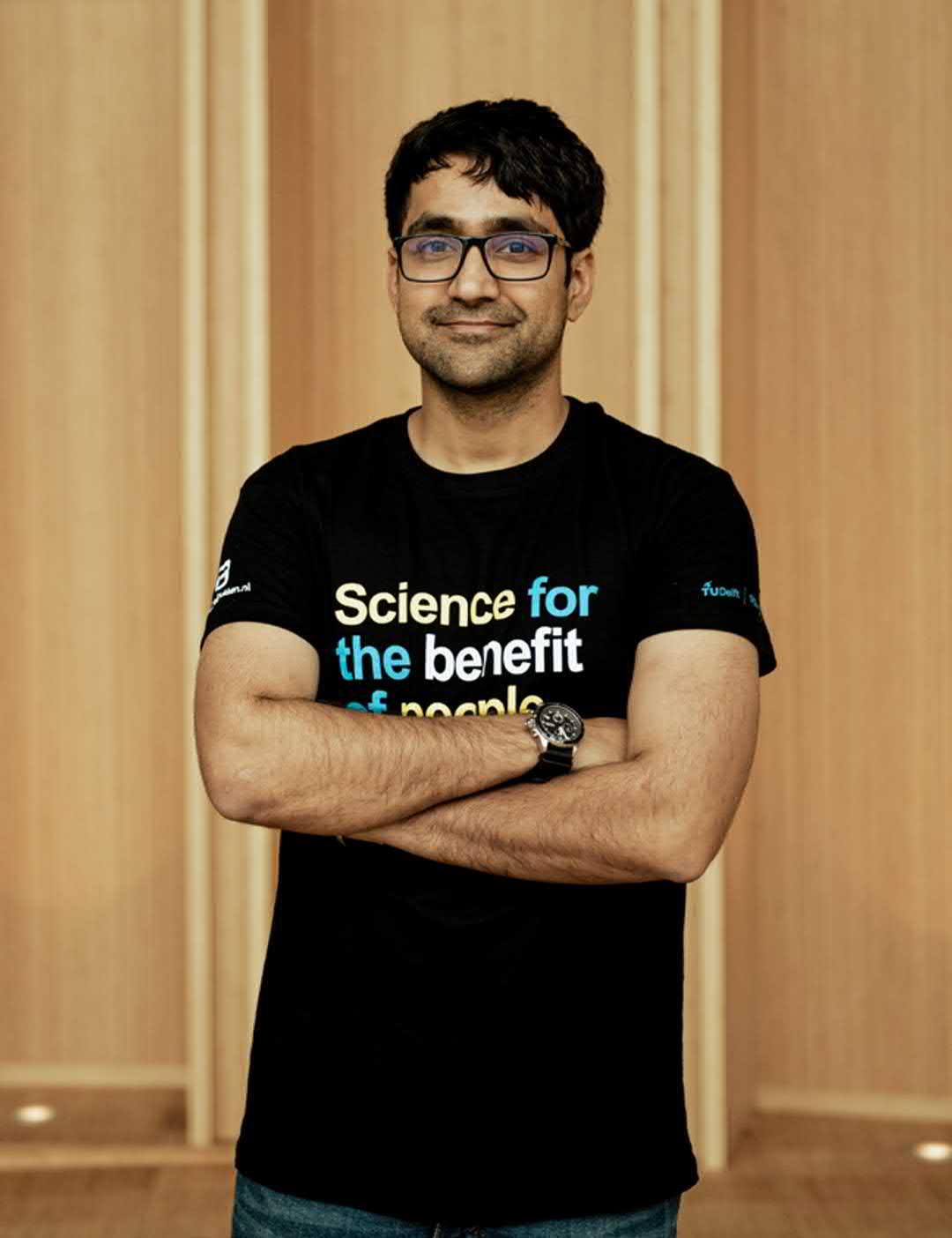
Anastasia, a Chemical Engineer from Greece currently studying Management of Technology, is the Communication & Events Officer of the association and heads the Globazine committee. She loves networking, photography, fashion, and food tourism. Anastasia aims to organize events and activities that allow students to network with each other and individuals outside the university, fostering a sense of belonging for international students. Additionally, she is committed to ensuring that important global south issues are not overlooked.
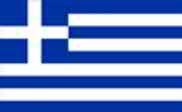
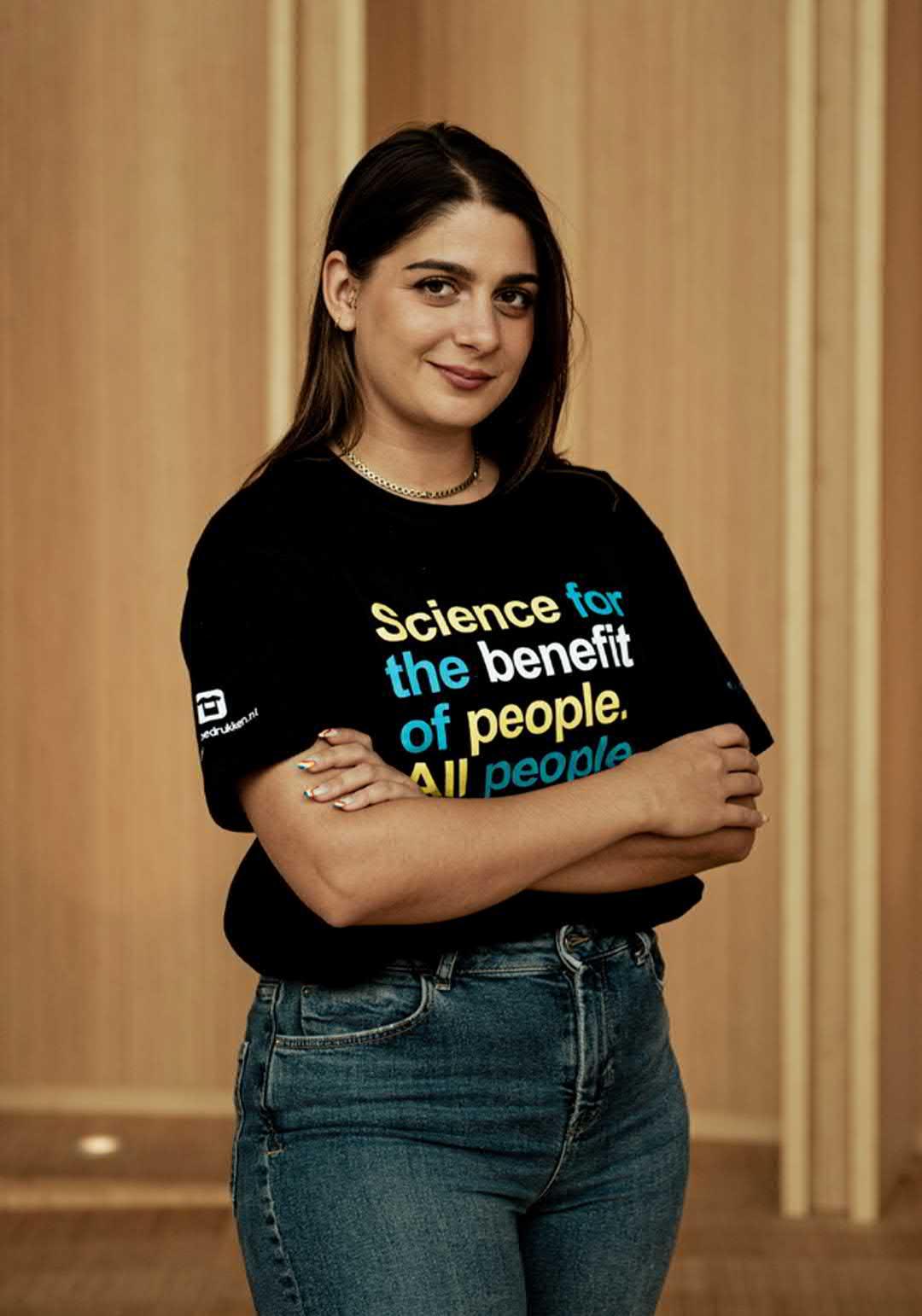
The board members of DGSC bring passion, dedication, and diverse perspectives to the club’s activities. They work together to create a sense of community among TU Delft students and to contribute towards the development in the Global South.


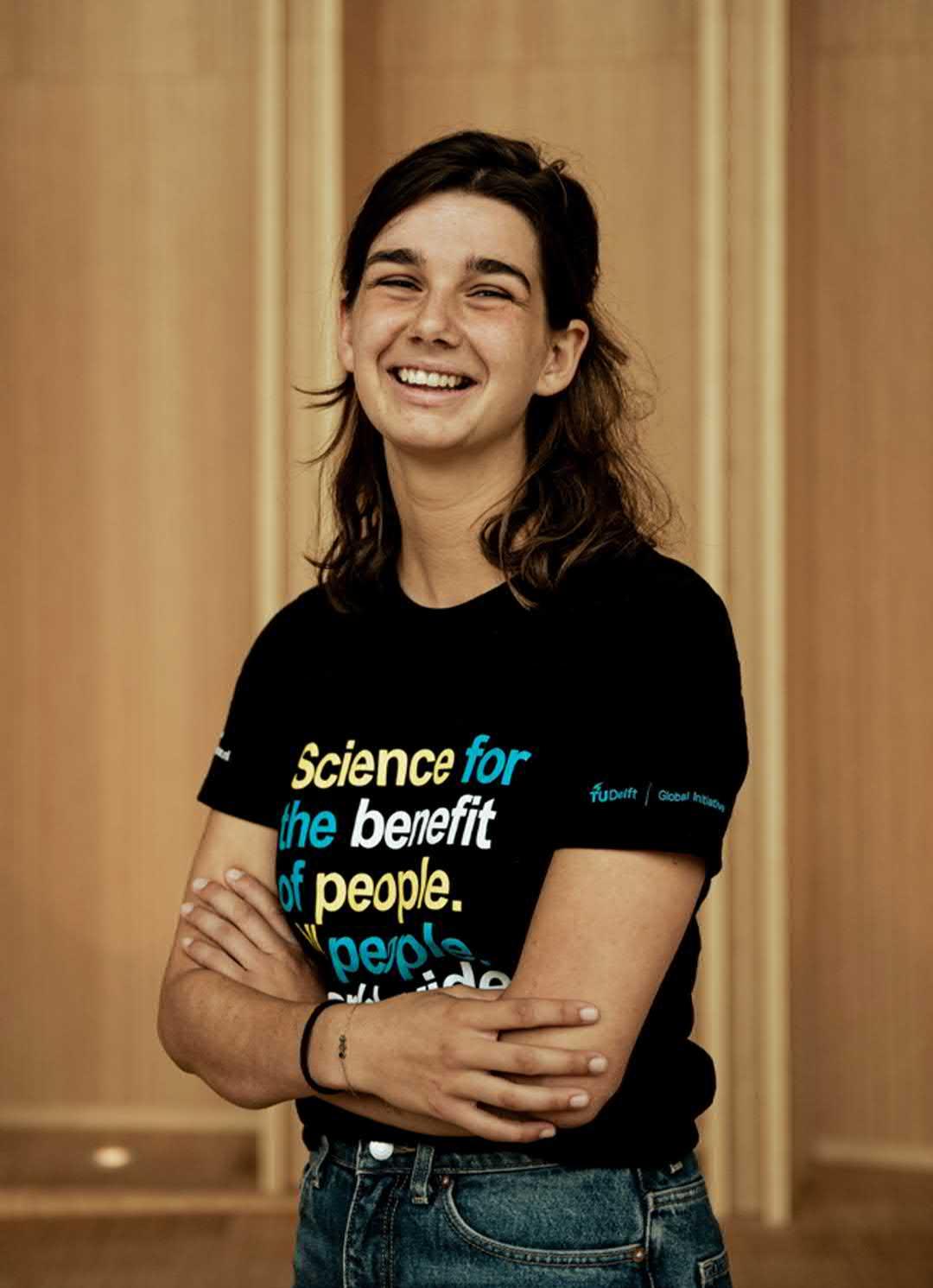


Student ambassadors are the pillars of the DGSC as they play the vital role of promoting global development efforts and raising awareness about the Delft Global Initiatives’ events on the TU Delft campus. They are responsible for organizing events that highlight the importance of utilising science for solving global issues and inspiring others to get involved in making a positive impact in their communities.
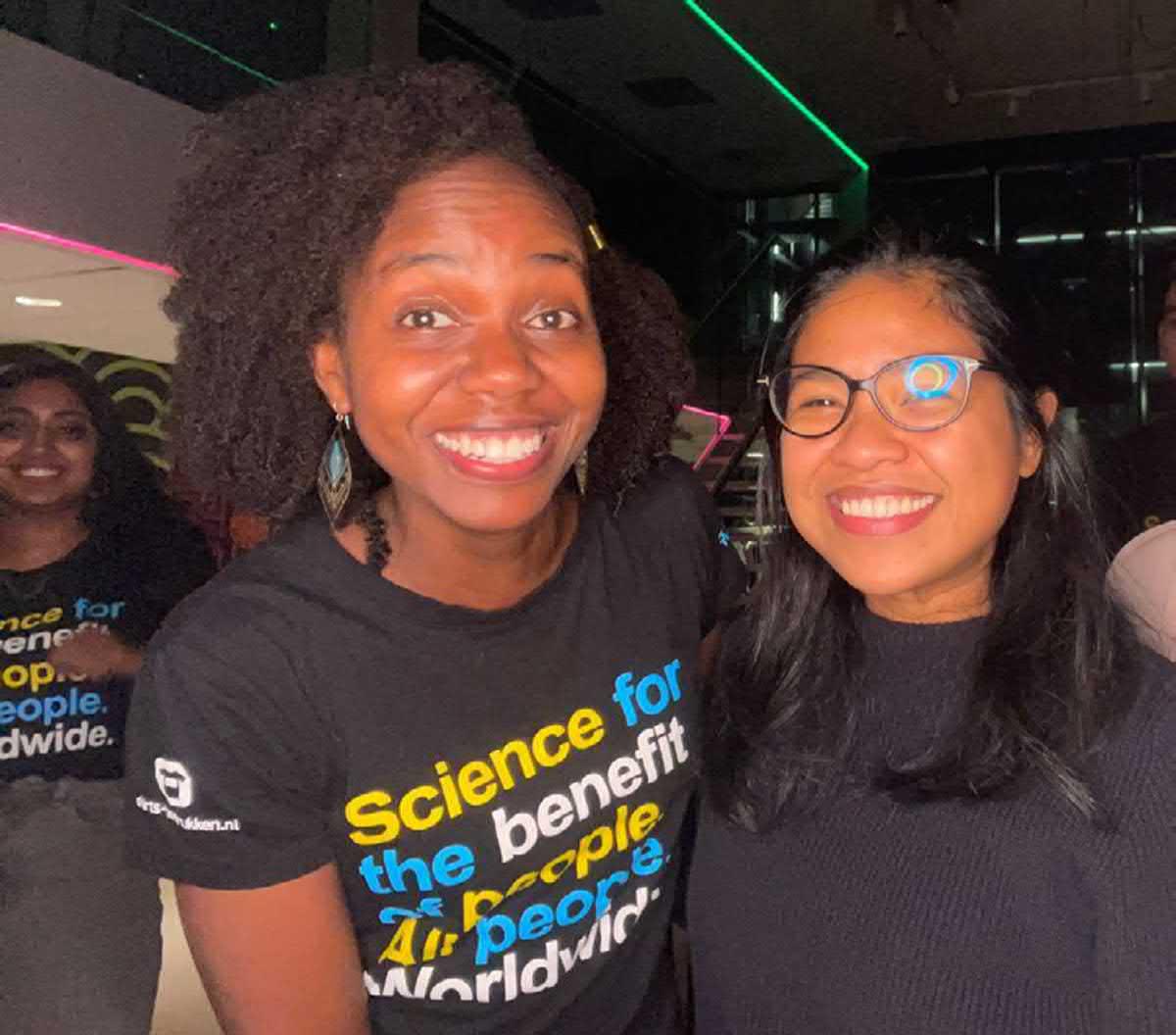

Through their leadership and advocacy efforts, student ambassadors create opportunities for engagement and build a network of like-minded individuals who are dedicated to creating positive change in the world. By demonstrating a commitment to global development, student ambassadors serve as role models for their peers and inspire others to act for a better future for all.
The Globazine Committee, comprising of Leah, Altayeb, Vijit, Shivam, Zabrina, and Anastasia, is a talented and passionate group of individuals who are dedicated to the art of journalism, design, and storytelling. Each member brings their unique skills and perspectives to the table, making the committee a collaborative effort committed to promoting cultural exchange and diversity among international students. Released annually, Globazine, the official magazine of DGSC, serves as a platform for students to share their experiences, stories, and perspectives on various aspects of student life, culture, and society. The magazine is a testament to the talent and creativity of the Globazine Committee, as well as the enthusiasm of the wider DGSC community. With its stunning design, insightful articles, and powerful storytelling, the Globazine is a must-read for anyone interested in learning more about the experiences and perspectives of TU Delft students.

The PR Committee at DGSC is an integral part of the organization’s success, playing a pivotal role in building and maintaining relationships with key stakeholders who share the common goal of promoting development in the Global South. Comprised of Akhilesh, Mobina, Mohammed, and Zabrina, the committee works continuously to create and implement communication strategies that effectively promote DGSC’s brand and enhance its credibility. By organizing company excursions, networking events, and inviting participants to DGSC events, the PR team has established itself as a force to be reckoned with. They are experts at crafting compelling messages that resonate with the organization’s mission and values, and their ability to connect with diverse audiences is unmatched. Their efforts to build strong relationships and enhance the DGSC’s brand are a testament to their unwavering adherence to excellence, passion and commitment.
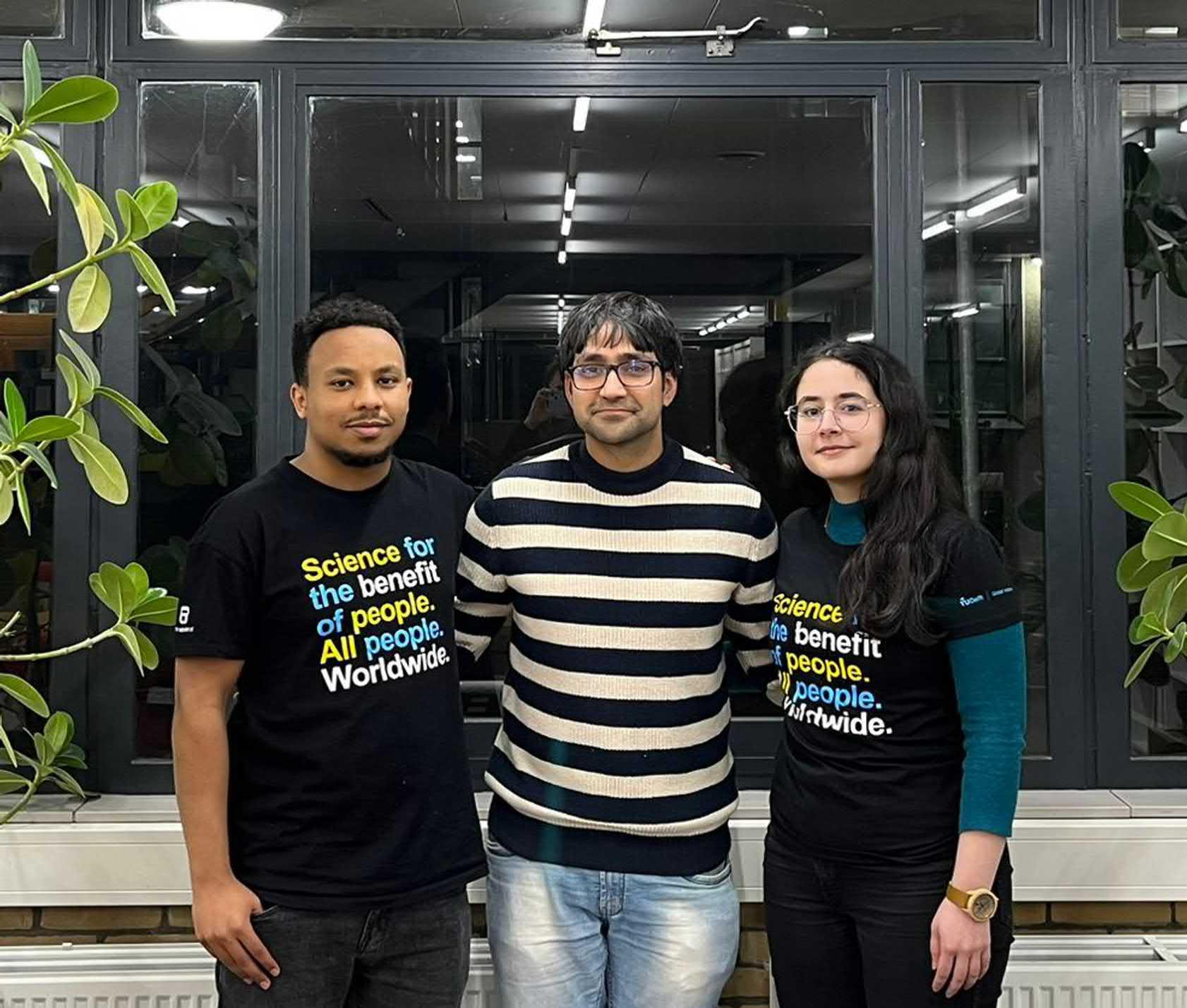

The world is full of challenges and complexities that can seem overwhelming, but the Events Committee provides a shining example of what can be achieved when people with a common purpose come together to fulfil their goal. The committee consists of Mobina, Zabrina, Charlotte, Neeha, Adinda and Lisette, who through their tireless efforts in planning engaging events have fostered a sense of community among the club’s members and inspired countless others to act for a brighter future. Their autonomy and collaboration with other committees and the DGSC board demonstrates their allegiance to achieving the organization’s overarching objective. By cultivating opportunities for engagement and communitybuilding, they are creating a ripple effect that will continue to inspire others for years to come.
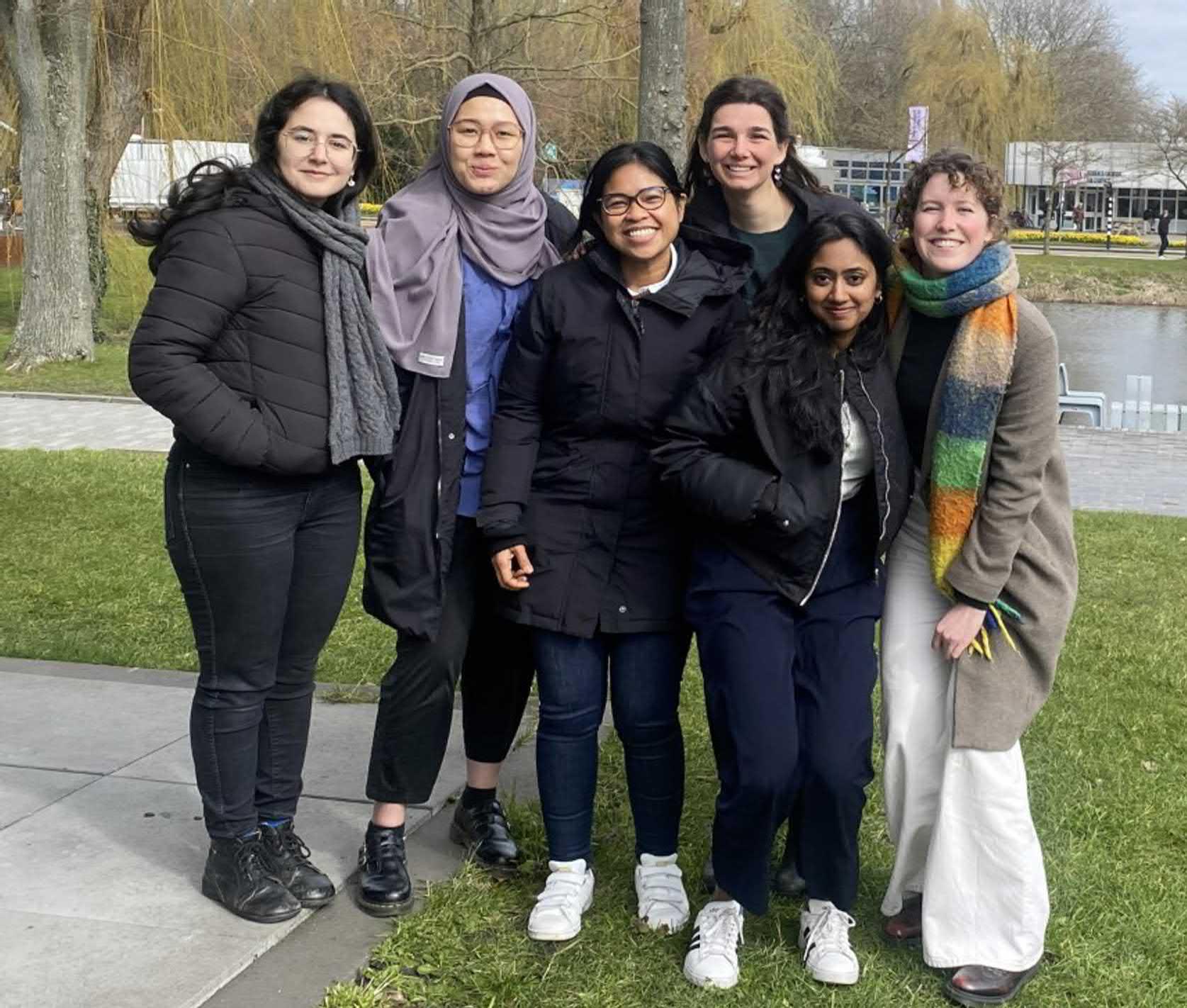
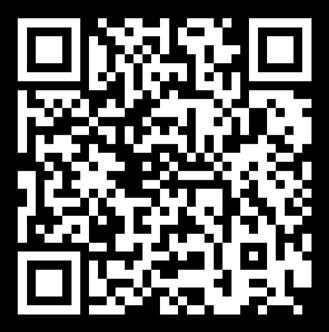
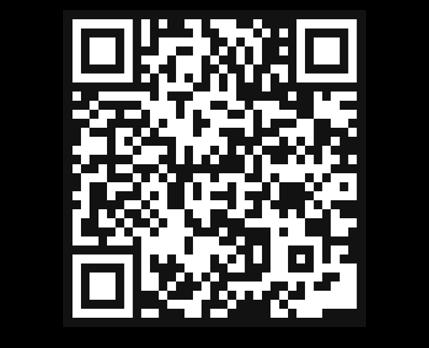
Engineers, due to their systematic thinking and problem‐solving capabilities, are uniquely positioned to leverage research for global challenges and improve people’s lives. Contributing to global development requires one to think outside the box, have an entrepreneurial mindset, and be able to offer solutions to complex challenges while working in multidisciplinary and interdisciplinary teams. TU Delft | Global Initiative aims to help such passionate TU Delft students discover unique opportunities to contribute to global development through the Opportunity Platform and/or seek funding for projects in developing countries through Student Project Support.
The Student Opportunity Platform is the Delft Global Initiative portal that helps students discover projects on global development-related issues that align with their academic background and interests. The portal lists several projects focused on pressing global challenges in developing countries so that motivated individuals can find the right opportunities. These can be internships, thesis topics, student projects, or something else. The Delft Global Student Club is responsible for managing the platform by updating new student opportunities and overseeing ongoing projects.


Looking for motivated researchers?

Register your vacancy
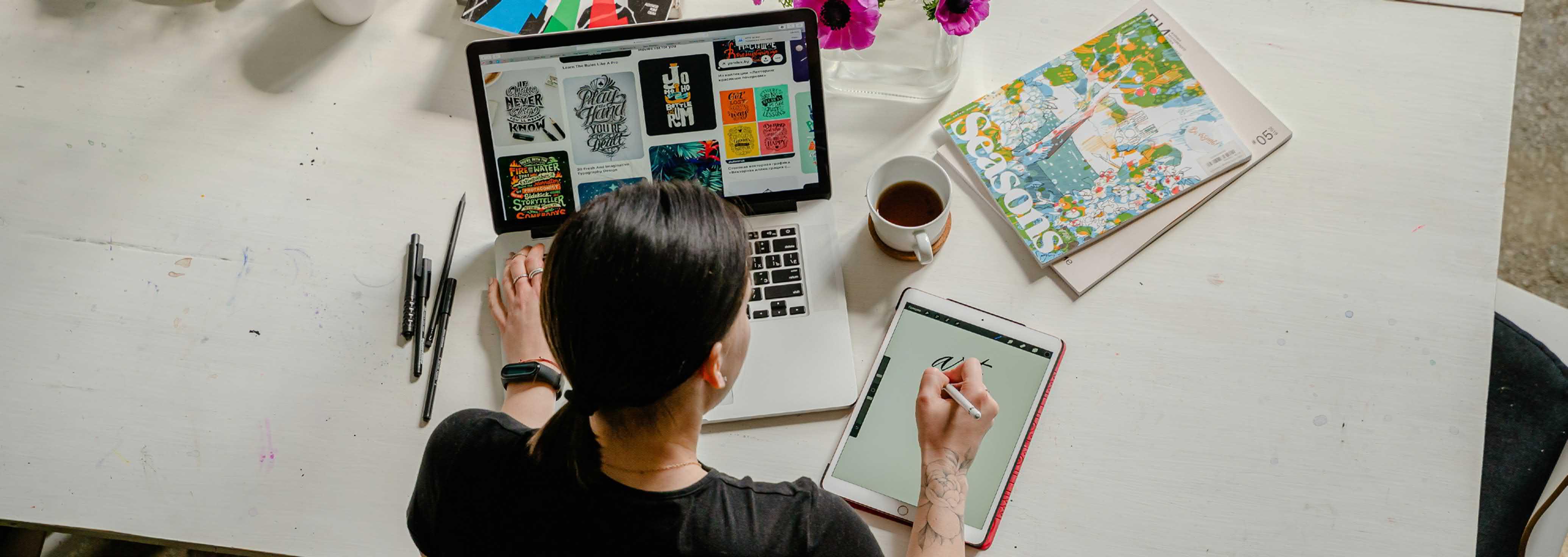
“Hi everyone! My name is Sophie and and I am doing my Master Thesis for Strategic Product Design.”
Sophie’s journey with the platform began when she heard about it from her twin sister, who is a Student ambassador for the DGSC. Having heard about the platform for the first time she was, initially, a bit hesitant but once she started exploring the website, she was pleasantly surprised to find it simple and easily navigable.
“I did not know about the platform initially. So for me, when I started looking into the website I was quite surprised at first. I found it easy to navigate through the platform. I actually found my graduation project with the Red Cross through the platform!“

While looking for projects on the Opportunity Platform, Sophie found the right one; a project with the Red Cross, that perfectly resonated with her goals. The project focused on the future role of humanitarian organizations regarding community-led design in flood resilience in Beira, Mozambique. Sophie shared she was interested in working with the Red Cross for a long time, as its a humanitarian organization that focuses on disaster relief and long-term prevention. She was thrilled that her graduation project aligned with her interests and aspirations so well.
“In Strategic Product Design, I do research on the real problem and design a more holistic strategy. I’m intrigued by systemic problems that tackle both social and environmental causes at the same time.”

Sophie emphasized that she found it easy to apply for the opportunity through the Platform. Shortly after sending in an enthusiastic and authentic email about her motivation, she was delighted to find that she had been given the opportunity. Throughout the process, Sophie felt that the support and resources provided by the platform, as well as by DGSC were adequate.
“ It was as simple as mailing the contact person. The platform provided me with the application letter, (and) all I needed”.
Sophie shared that her experience with the TU Delft Opportunity Platform had a positive impact on her academic and career goals. She was able to find an opportunity that aligned with her aspirations, and she met new people who shared her passion for designing for causes that matter.
Sophie’s success story can be yours too! By taking advantage of the Opportunity Platform, you too can find a project that aligns with your academic goals. Whether you’re looking for a thesis, an internship, or a graduation project, the platform is a great resource for finding opportunities that can help you grow and develop your skills.
Who knows? Maybe you’ll find the project of your dreams. Just like Sophie did!!!
“I encourage fellow students to check it out. It’s always good to know your options”
- Sohpie Struijk

More information about their amazing experiences can be found on Instagram: @s.a.f.e.kenya!
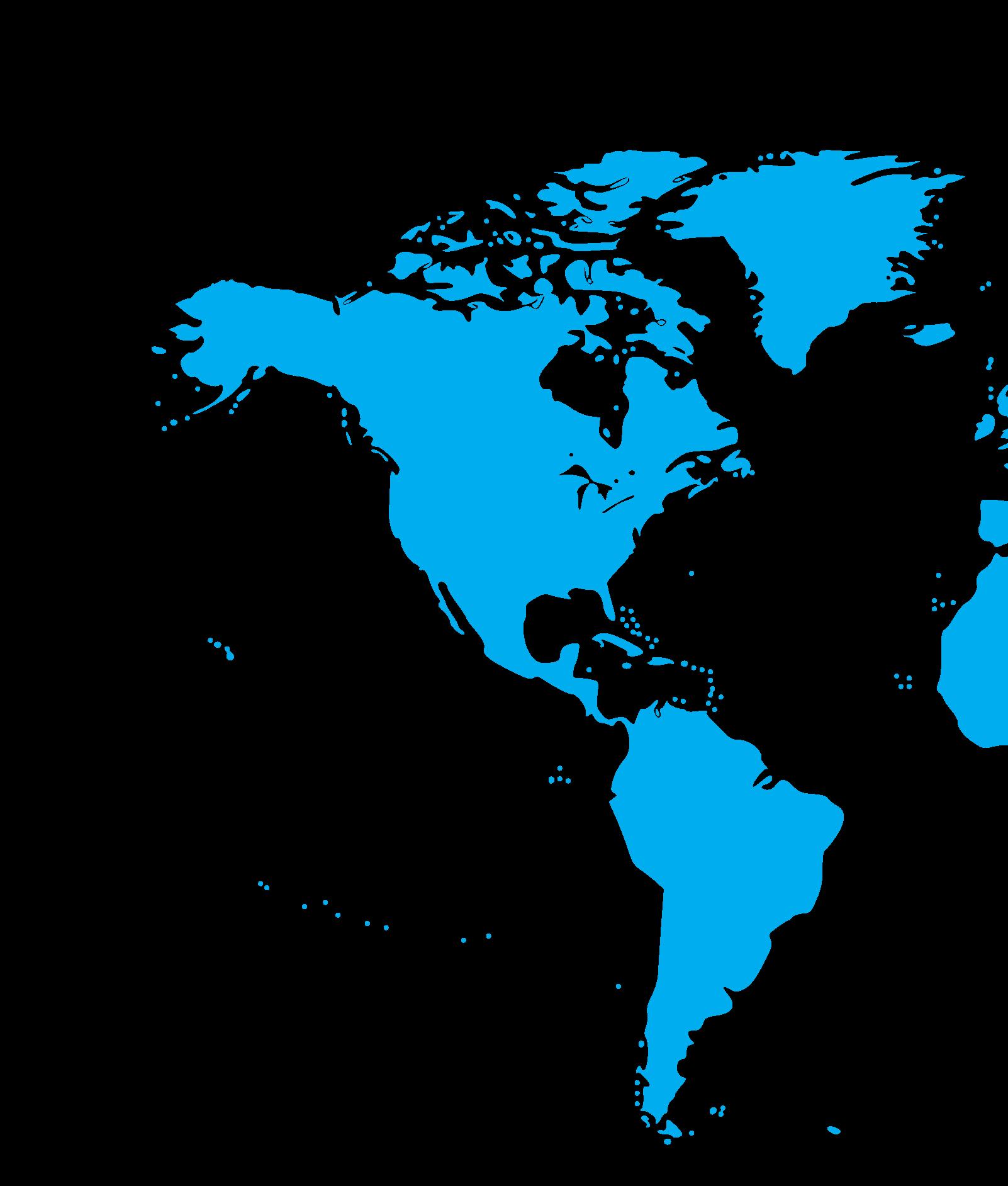
Sophia Hou, an enterprising student, had the opportunity to immerse herself in Nepalese culture while contributing to local society through medical
In Isiolo Town, Kenya, floods have long been a major problem due to its location downstream of mountains.
A group of five students, Dominique Kromwijk, Lisanne Middelbeek, Louis Nelen, Sunar Hardjosusono, and Tristan Cheaz, conducted a multidisciplinary project in collaboration with Dutch companies Nelen & Schuurmans and Zephyr Consulting to identify strategies that could mitigate the impact of such floods. The team used 3Di to create a hydrodynamic model for different rainfall scenarios and Flood Intelligence Service (FIS) to recommend effective areas to implement the SLAMDAM, a movable, modular dam that can be used for flood mitigation as well as water retention. The team conducted a site visit to validate their model against the real-life situation in Isiolo Town and found that deploying the SLAMDAM with Flood Early Warning System was highly effective in preventing inundation.
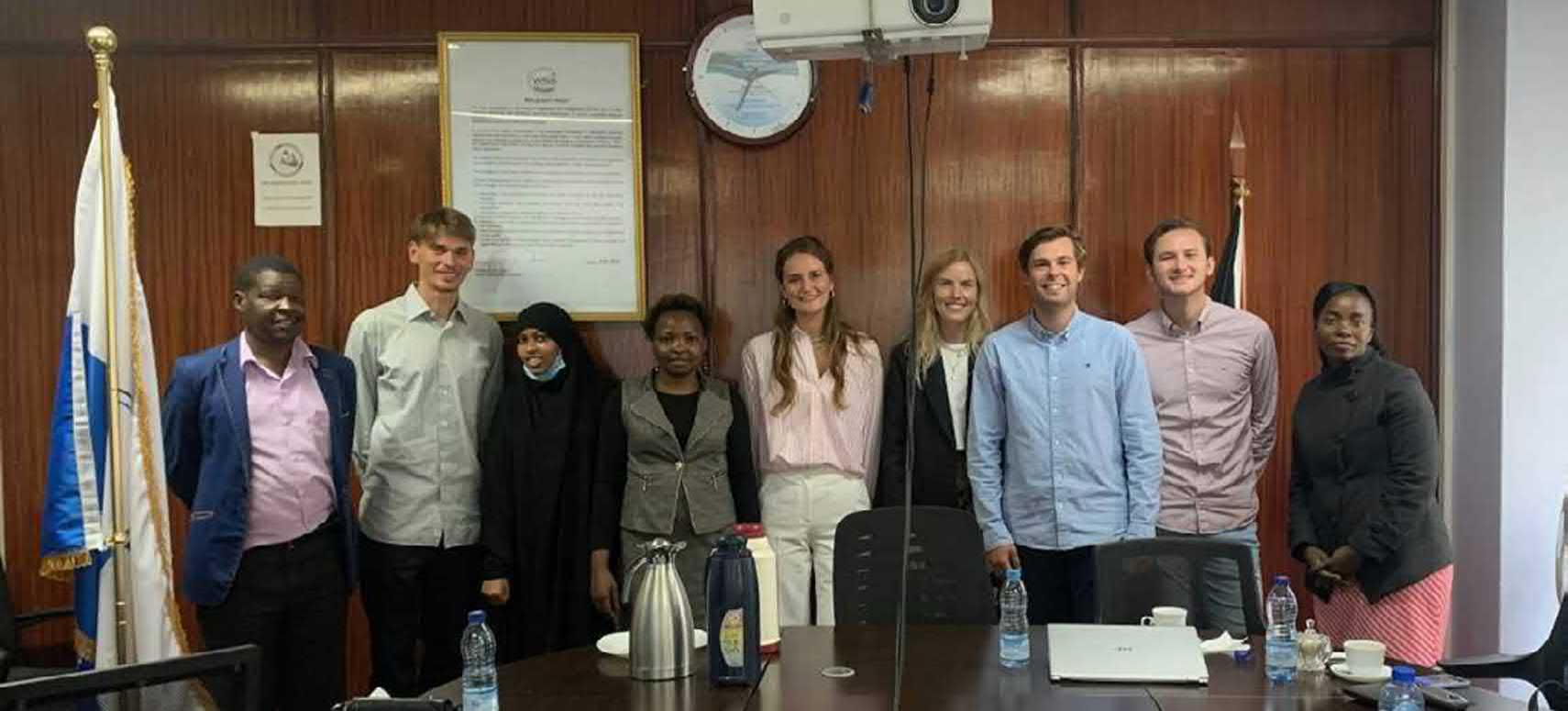

The work and efforts were commended by local stakeholders, including the Kenyan President, and two demonstrations of the SLAMDAM were held for the involved organizations as well as the local community. The team learned valuable lessons from the community’s engagement. Overall, the project was a significant success, contributing to the development of sustainable flood risk management strategies in the region.
device development in a hospital setting. The project aimed to tackle a significant challenge in low-resource regions where medication dosing is often difficult due to the unavailability of affordable measurement setups. This leads to issues such as nonlinear delivery rates and line blockages when using infusion pumps. The student developed a simple yet effective test setup to address this issue, providing much-needed relief to patients in these regions.
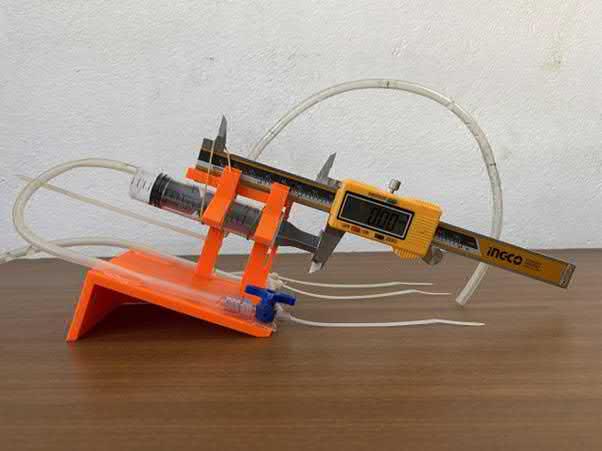
Working in Nepal presented challenges, such as lower efficiency levels than in the Netherlands. However, she adapted to the situation by meticulously scheduling and arranging matters in advance and working in parallel to maximize productivity. The ultimate reward came when the hospital staff gave positive feedback on the project’s potential to improve current practices. The satisfaction of building a functional prototype that could be deployed immediately was a proud moment for her.
An interesting aspect of the experience was the


difference in house insulation in Nepal, where thick jackets were needed inside during the winter but removed outside when in the sun - the opposite of norms in Europe. Overall, this project was a life-changing experience that allowed Sophia to make a tangible contribution to society while broadening her horizons in a significant way.
A team of four researchers, Roos Besseling, Josine van Marrewijk, Marloes Slokker, Ilse van der Zwet, worked on a multi-disciplinary project in Uganda, in collaboration with the National Water & Sewerage Corporation (NWSC) and the Ministry of Water and Environment (MWE).
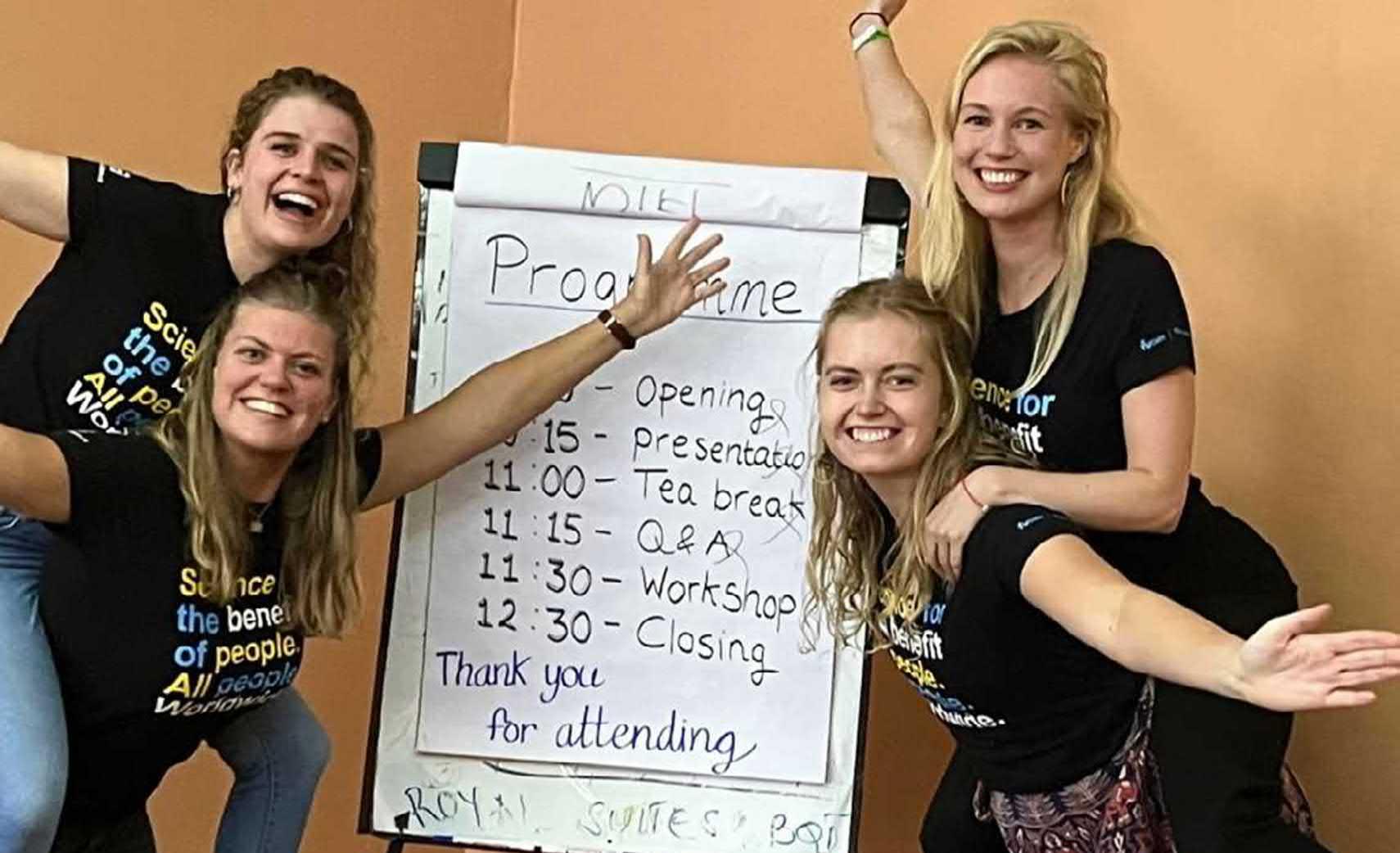
criteria analysis (MCA). The MCA is designed to evaluate all possible alternatives based on financial, performance and risk analyses.
The team expressed their gratitude for the opportunity to work on the project in Uganda and hopes that the MCA tool will be further developed and implemented to evaluate future alternatives for extending the supply network. Interested in their work? Check their report in the TU Delft repository: ‘Evaluating alternatives for extending the drinking water supply in Uganda.’
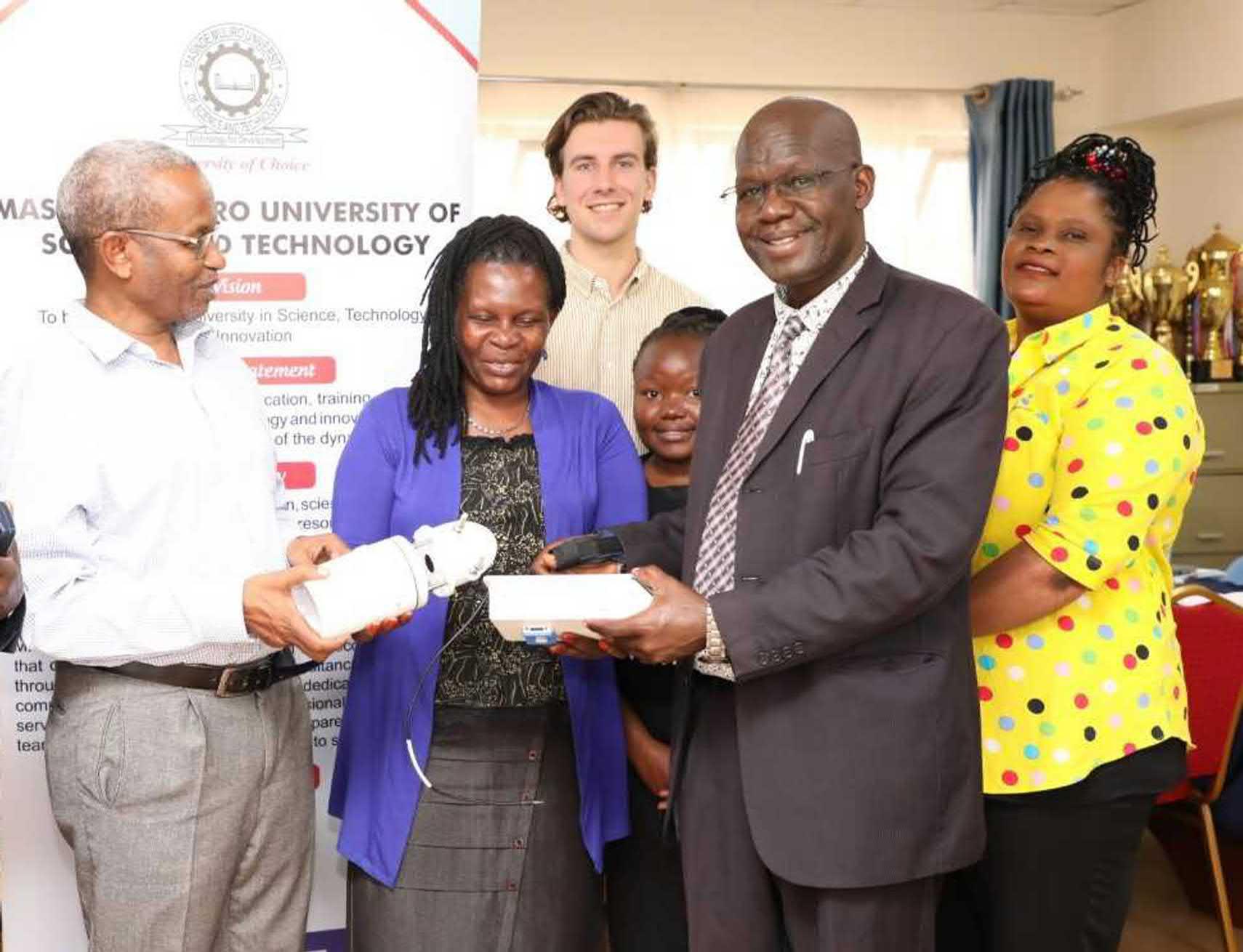
Rens Ampting recently returned from a threemonth stay in Kakamega, Kenya, where he had the privilege of working on his master thesis in collaboration with the Trans-African Hydro Meteorological Organisation (TAHMO) and Masinde Muliro University of Science and Technology (MMUST). His research aimed to explain the overflowing of the Rift Valley Lakes, which have flooded schools, farmland, wildlife reserves, and communities, forcing over 75,000 households to leave their homes and requiring humanitarian aid for over 400,000 people.
The project aimed to investigate the possibility of extending the water supply system in two project areas: Bugiri District and Hoima City. Currently, groundwater is used as the source of drinking water in both areas. However, the team considered surface water from Lake Victoria, Lake Albert, Kafu River, and Victoria Nile as potential options for the extension.
The decision-making process for selecting a certain alternative is often slow and nontransparent. To streamline and improve the process of evaluating the various options for extending the water supply in Hoima City and Bugiri District, the team developed a multi-
Rens’s research specifically focused on the interannual influence of precipitation at Lake Nakuru,
which has doubled in surface area since 2009. Over this period, precipitation has increased by 20% on average and 38% since 2018, compared to the average precipitation before this change point.

During his stay, Rens had the opportunity to learn about Kenyan culture, make long-lasting friendships, and develop interdisciplinary skills and build resilience. The most rewarding aspect of his international study was experiencing intercultural friendships, based on mutual respect and curiosity, through community immersion, language exchange, and research collaboration. One of his key takeaways was that responding to being called “Muzungu” with “Mimi ni Mkenya” was an effective way to break the ice. His favorite food during the stay was CHAPATI.

However, building trust among stakeholders was a significant challenge in the hierarchical society. Nevertheless, once the stakeholders understood the project’s intentions, they happily participated in the research.

The project’s most gratifying moment was the co-creative prototyping session with Community Health Volunteers towards the end. It allowed Wessel to test and explore ideas that emerged during the research, inspiring new possibilities for improving children’s health in the Lamu archipelago.
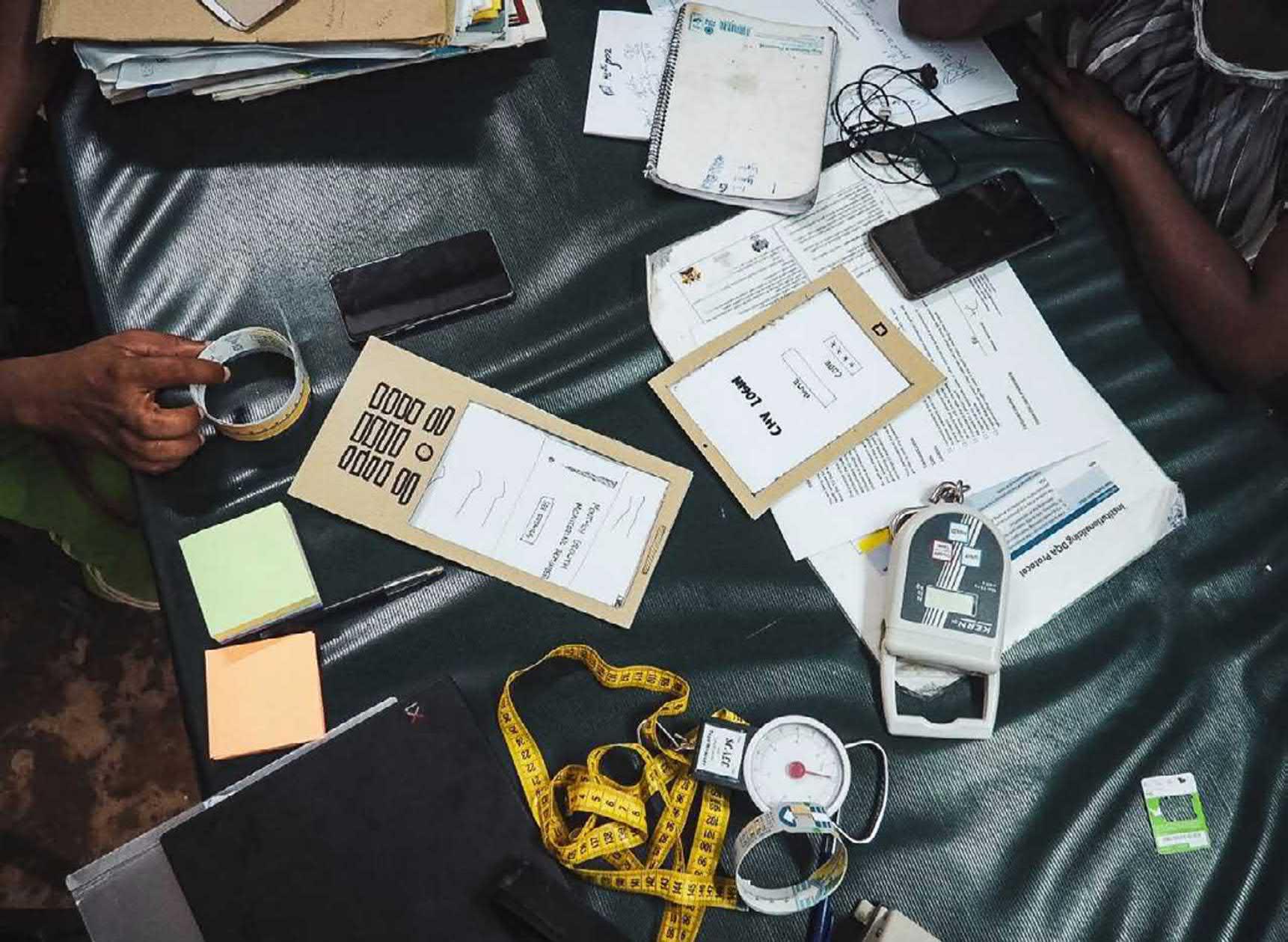
Sander Wingelaar, a TU Delft master’s student, embarked on a journey to Kumasi, Ghana, to explore the water supply and management system in the city as part of
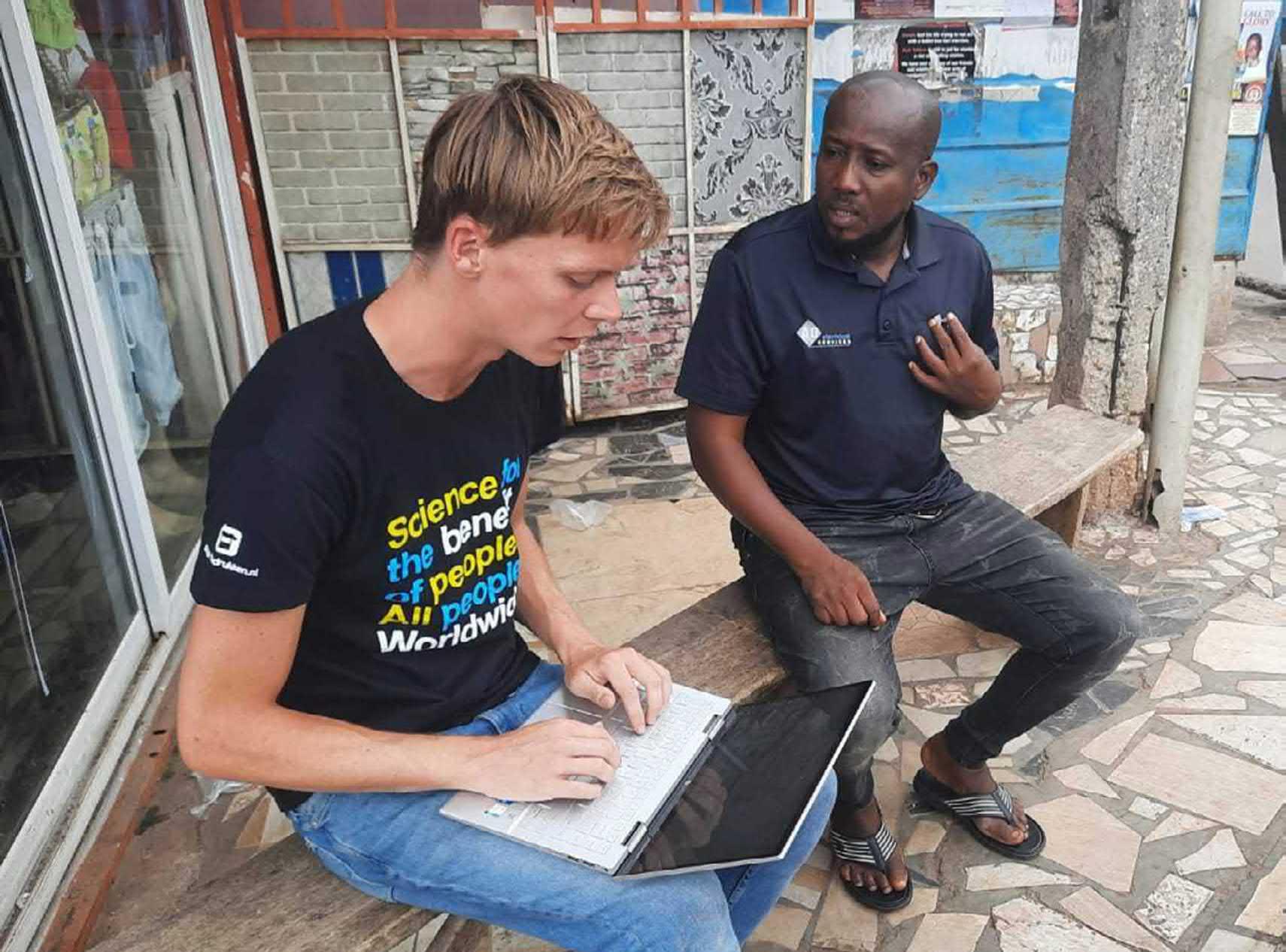
In a resource-constrained world, finding innovative solutions to complex problems can be a daunting task. However, through design research, service design, and systems thinking, it is possible to uncover new paths for innovation. That’s precisely aimed to achieve in his project to improve the nutritional status of young children in the Lamu archipelago, Kenya. challenge was to create a remote health product/service concept that could be accepted by the local community and improve children’s accessibility to nutritional healthcare.
his Honours programme. Accompanied by a knowledgeable local guide, the student interviewed 25 community members hailing from six different neighbourhoods in the city. The research aimed to gather perceptions on the water source and quality, and community members were eager to share their experiences, frustrations, and observations. The interviews revealed multiple recurring problems related to water quality, including the presence of germs and visible dirt particles in drinking water, as well as frequent flow
interruptions that could last for weeks. It also highlighted the difficulty for residents to contact and influence the government party responsible for their water supply. The student’s ability to connect with the community members and provide them with a platform to voice their grievances opened a fascinating conversation and provided insightful observations on the daily lives of Kumasi residents.
The research underscores the urgent need for sustainable water management practices, particularly in developing countries, and the vital role researchers play in addressing this global issue. With more research and collaboration, it is hoped that equitable water distribution can be achieved in the future, ensuring better living standards for communities like Kumasi.
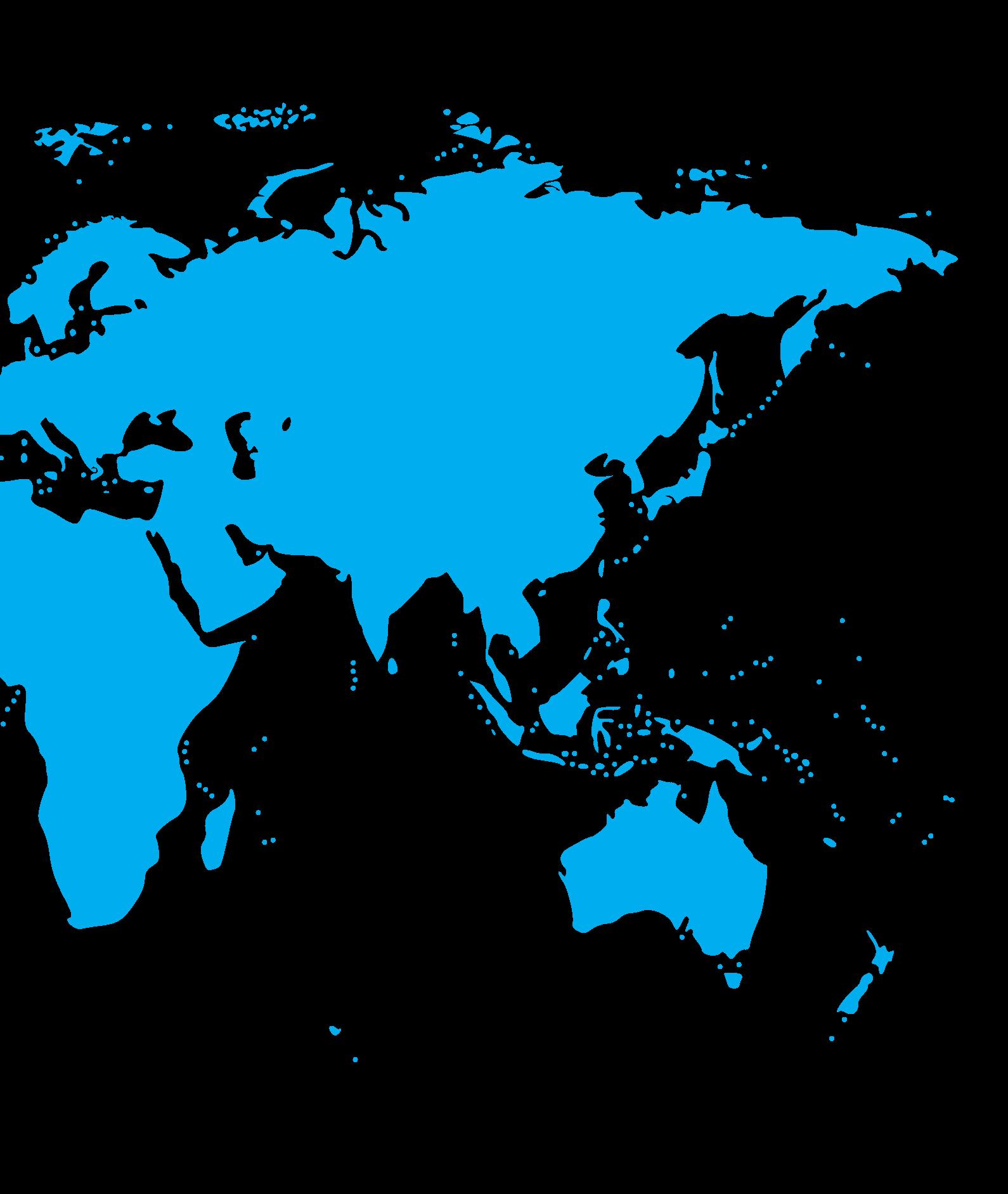
Akrivi Alexandraki, Giovanni Lieuw, Jonathan Dijkstra, and Bouke Teertstra, a group of master students from TU Delft, decided to work on a project to create small-scale irrigation for horticulturists in Kumasi, Ghana, out of a desire to travel to new places while making a positive impact. The project, carried out in association with Holland GreenTech and Stitching TAHMO, aimed to offer irrigation guidance to farmers based on historical weather and agronomic data. The team wanted to assess the value of this information and determine what forecast information would be useful to the farmers.
However, their journey was not without challenges. From applying for visas to getting accustomed to the spicy Ghanaian cuisine to dealing with car breakdown on the first day, the team had to adjust to a new culture and lifestyle. Despite these challenges, they were warmly welcomed by helpful locals who made their stay memorable and even introduced them to the chaotic yet efficient tro-tro shared vans.
The students had their share of memorable moments as well. The team’s presentation on the project and its findings to farmers at Kwadaso Agricultural College was one such satisfying experience. The discussions with the farmers were fruitful and helpful, and they were receptive to the research. Cucumber planting, where the team experienced a sense of community and active support for the farmers, was another memorable experience.
The team was awed by Ghana’s beauty and the friendliness of its people. They learned that some common misconceptions about the nation were untrue, and they experienced warmth throughout this enriching journey of broadening their horizons.
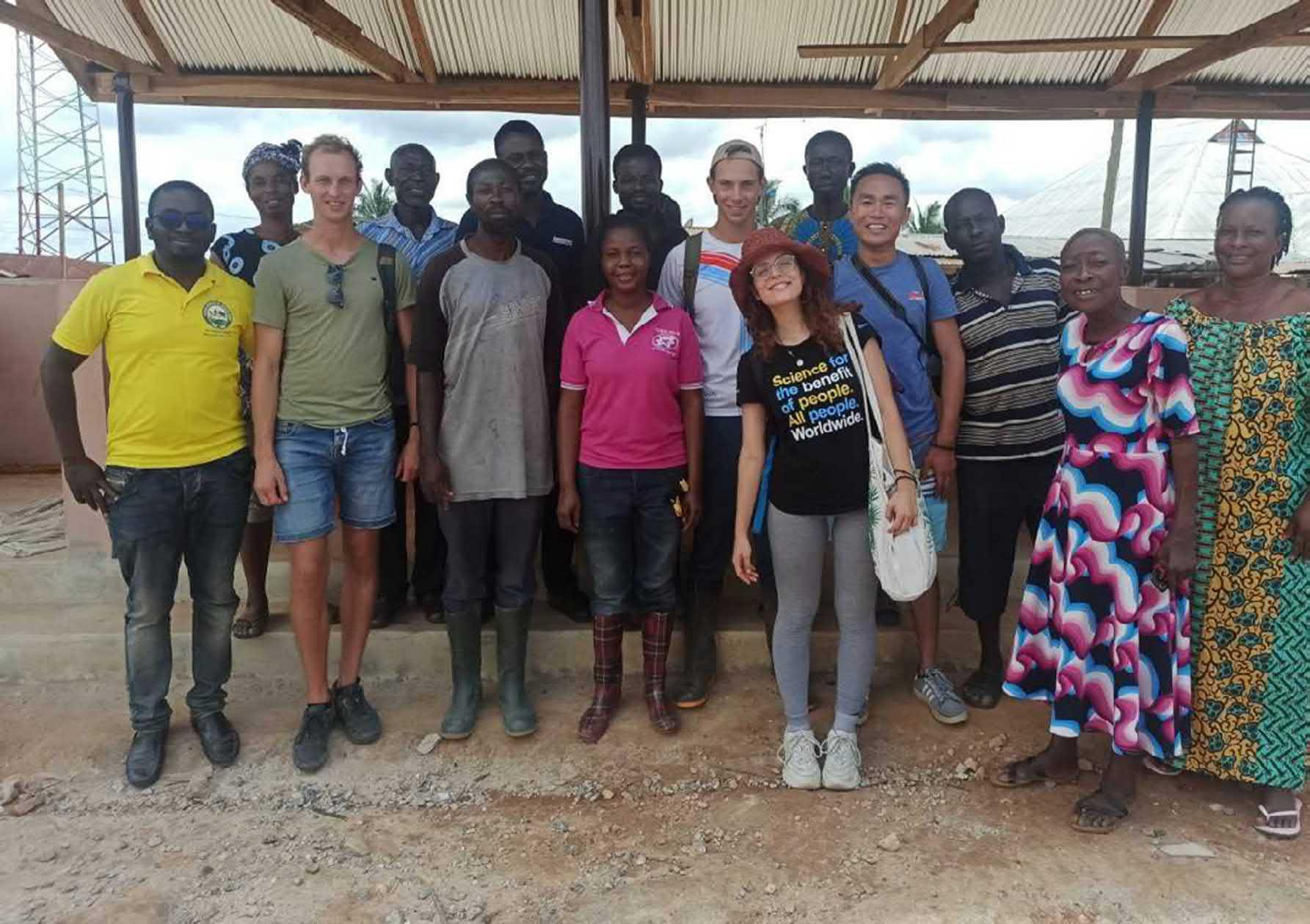






Claire Hallewas, the programme manager of DGI since June 2019, has previously spent six years as science information officer for the TU Delft Health Initiative and the TU Delft Sports Engineering Institute. She has a wealth of experience in development cooperation from her time abroad, where she was involved in various projects. She hopes to make a significant impact as the Initiative’s managing director, both globally and locally, by leveraging her expertise in positioning, project management, and fundraising.
What inspired you to get involved with International Development and Social Entrepreneurship. How exactly has your personal background prepared you for your role as the leader of DGI?
With a background in policy and management, I spent many years working in the commercial sector. However, I found myself lacking a sense of social value in those roles. When my husband got an opportunity to work abroad, we decided to take it and we lived in Jakarta and Brussels for a few years. During that time, I became involved in several projects related to global development, which reignited my passion for making a difference in the world. When we returned to the Netherlands in 2013, I was determined to find a job in the global development sector. However, this proved to be challenging as it was the middle of the 2013 crisis. I then became aware of TU Delft ’s involvement in many socially relevant topics, and I became intrigued.
I started my first job at the Faculty of Electrical Engineering, Mathematics, and Computer Science as a Communication Advisor. After a few years, I moved to the Corporate Communication Office, where I worked as a press officer and Communication Advisor for the TU Delft Health initiative and the TU Delft Sports Engineering Institute. Around the same time, I met Jennifer Kockx, my predecessor at DGI, while working at TU Delft . When she left to pursue a new job opportunity, I saw it as the perfect chance to combine my passion for global development with my communication and strategy expertise.

Your work at the Delft Global Initiative has been instrumental in advancing its mission and adding value to its purpose. Could you elaborate on the organization’s mission, how you aligned with it, and the genesis of the DGI?

I think that TU Delft ’s reputation for expertise in artificial intelligence and quantum computing is well-known. However, the institution is also acutely aware of the pressing need for science and innovation to solve global challenges such as climate change and pandemics. TU Delft has observed many bottom-up initiatives, for instance in the field of water management, across Africa and Southeast Asia, and recognizes that it can contribute significantly to solving these challenges through close collaborations with local partners. intensified its efforts with the establishment of the Delft Global Initiative. The Initiative allowed us to launch new activities and coordinate them better, as well as enabled TU Delft to be more effective in lobbying for support and finding funding opportunities. The initiative’s primary focus is on education, research, and innovation in global development that aligns with the UN Sustainable Development

I observed that you mentioned the United Nations’ Sustainable Development Goals, which serve as the foundation for the DGI and many of its partners. Can you explain how the DGI collaborates with other entities and individuals to achieve its mission? Also, could you describe the global impact of the DGI’s efforts and the effects on the communities it serves?

At DGI, we recognize the importance of interdisciplinary and intersectional collaborations, as well as international partnerships, to achieve impact on crucial topics. The organization seeks to work with partners at all levels, including governments, NGOs, companies, and knowledge institutions in the Global South region. But what sets our approach apart is the emphasis we place on starting our collaborations as early as possible. By defining projects together with our partners in the local context, we ensure that our solutions are tailored to the specific needs and challenges of the community. We also recognize that our expertise in engineering is only one piece of the puzzle. To truly make an impact, we need to work with partners who bring expertise in policy, economics, and social sciences to the table. Over the years, we’ve had the pleasure of working with over 400 partners. Many of these partnerships have grown out of the careers of our own people, who have gone on to take on important roles in governments, organizations, and companies in the regions we work in.
Do DGI alumni actively support the organization after graduating and working in other places?
Definitely. DGI alumni are not only actively supporting the organization, but also benefitting from collaboration with TU Delft . The close-knit community of the DGI fosters a sense of ambassadorship for global initiatives among its members. The program office serves as a tool to connect people and achieve shared goals related to global developments. DGI values its alumni and the collaboration they bring from their new organizations. This two-way exchange reflects the way DGI is set up, with community being at its core.
You mentioned having more than 400 partners on the ground, each with their own unique policies, cultural and societal differences that may pose challenges to the success of projects. What are some significant challenges you have faced and how have you addressed them?
Certainly, there are numerous challenges that we face on the ground, and the truth is, we’re constantly learning from our experiences. Our approach is to collaborate as much as possible with our partners on an equal basis, particularly those who have a better understanding of the local context. By doing so, we can learn about what’s needed, what the interests of the community are, and how we can co-create with end-users to design and develop innovations that are practical and effective in the local context. There are also strategic-level challenges, such as conflicting interests and different agendas of local governments. To achieve the best possible outcome, we try to closely align our efforts with these agendas. It’s not always easy, but we have a dedicated team that works towards achieving the innovation agenda by lobbying with the African Union and the European Union. Together with our partners, we are defining how we can contribute to the issues that are of interest to them, so the local identification of issues is crucial for us to effectively connect and collaborate on projects.
Could you share your thoughts on how you feel when you witness the success of individuals and communities that you have guided and supported?
Perhaps, if I may, I can give you some examples, for instance in the field of healthcare. A great illustration is our former research fellow, Temitope Agbana, who is working on malaria diagnostics and designing devices to detect malaria with the use of artificial intelligence and optical smart solutions. He collaborates with
doctors not only in his home country of Nigeria but also with the Leiden Medical Centre in the Netherlands. This type of interdisciplinary collaboration is essential for achieving success in innovation. It is one of the most wonderful things to see when things come together, when people come together. They see that they can learn from each other, and by learning from each other they can contribute better. It works almost always the same; the people must get to know each other, there needs to be funding since that is a crucial element to run projects and, yeah, then magic can happen and that’s wonderful to see.
I am curious about how the DGI specifically ensures that the voices and needs of marginalized communities are heard and addressed in their work?
Working with local partners is a key strategy for the DGI to address challenges in the Global South. Many collaborations with knowledge institutions and universities in these regions have been established, with some partnerships being intensified to foster a better understanding of local contexts. Researchers from the DGI are committed to conducting joint research with institutions in the Global South and community members to develop solutions that benefit vulnerable communities. For example, they have designed a smartphone-based device to detect malaria and involved local shop owners in the process. This approach ensures that local voices and needs are heard and addressed, resulting in context-specific and effective solutions. The DGI believes that this collaborative approach can help achieve their goal of empowering marginalized communities.
What do you think, personally, makes the DGI different from other organizations working in the field, and what unique strengths does it have when helping people in Global South?
It’s fortunate that there are many organizations working to tackle the challenges we face. Engineers, however, have a unique advantage as system thinkers and designers who are knowledgeable in new technologies that could work in other contexts, even better than high tech solutions. DGI’s impact comes from a sciencebased, tech-driven approach that values interdisciplinary collaboration with other Dutch universities, as well as knowledge institutions, companies, and NGOs in the Global South.
There are a lot of professionals out there who are passionate about making their own contribution to society and make it better. How can such aspiring professionals make a difference in fields like international development or social entrepreneurship? What personal advice would you offer to help them achieve their goals?
I think the wonderful thing is that you mentioned that those people are already interested so that is great, and that’s also what we see at TU Delft | Global Initiative. More and more students, for instance, come to us asking: ‘how can I contribute?’ So people are eager to contribute. To succeed in this field, it’s important to have an open mind, to be able to understand and work with others from diverse backgrounds and disciplines. Passion is also essential, which is why we created a global student club for fostering this drive to inspire and empower young people to make a positive impact.
As a DGSC ambassador, I have been impressed with the DGI and its work so far, and I’m excited to see where it goes in the future. What are your thoughts on the future of the organization? How do you see it evolving and expanding over the next few years, especially considering that you are taking on this role after your predecessor?

Delft Global Initiative community has grown significantly, ranging from students to young researchers to senior professionals within TU Delft . We are currently in the process of making

strategic plans for the DGI after 2024, and our goal is to build on our strong community and intensify our impact by aligning with other global development agendas such as those of the Ministry of Foreign Affairs, the African Union, and the European Union.
One of our concrete ambitions is to establish an international interdisciplinary intersectoral PhD program that focuses on SDG-related research, with a particular emphasis on African talent. This initiative is called GROW, or Graduate Research On Worldwide Challenges, and we recently co-created the program with 130 people, submitting a European Union proposal in February. We aim to kickstart this program with funding and host 40 PhD students every year, not only from TU Delft but also from other Dutch universities. This initiative is strategically important because we believe that PhDs and research fellows play a crucial role in the linkage between the countries we collaborate with.
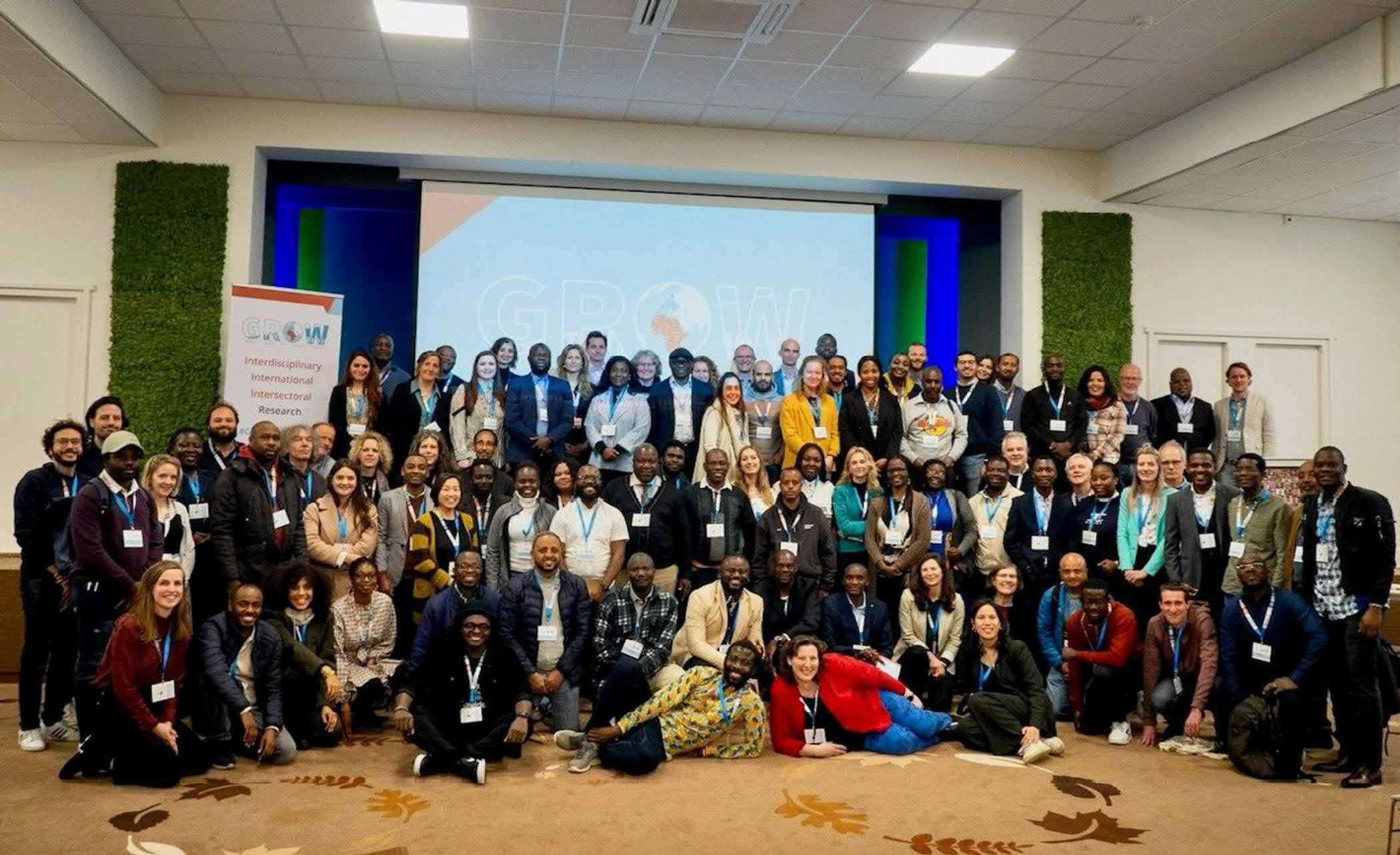
Additionally, TU Delft is planning a growth strategy, and we hope that the DGI can contribute to this by setting up a global multi-campus strategy and building hubs in countries in Africa and Southeast Asia where we work closely. We are exploring with our partners what such a hub would look like, with a focus on strengthening the education and science innovation ecosystem, and we believe that this could provide students with the opportunity to study in cities like Nairobi instead of coming to Delft.
As we wrap up our discussion, I want to ask one final question: What message would you like to convey to our readers regarding the importance of global development, the creative role that DGI can play, and how they can potentially participate in DGI’s efforts?
I believe it’s wonderful that individuals who are interested in making a positive impact on the world can start by engaging with the Delft Global Students Club. The club serves as a vital link between students and the research community, offering a range of opportunities for involvement in various projects, including internships, thesis opportunities, and events. Collaboration is crucial to tackling the challenges we face globally, and many young students already recognize this need for global cooperation. I have seen a lot of interest, particularly from those looking to work with the African continent and Southeast Asia. Therefore, I encourage readers to reach out to you and your colleagues at the Delft Global Student Club to get a flavour of what the possibilities are.

DON’T MISS OUT
Student Project Support is the financial aid provided by TU Delft | Global Initiative to students pursuing research projects contributing to solving the Sustainable Development Goals, for at least 2 weeks or more in low- and middleincome countries. A student is eligible for a maximum support of €250, - with students traveling for their project as part of a group having to apply as a group and not individually.

• Have a TU Delft researcher/teacher as supervisor

• Visiting one of DGI focus areas, i.e., SubSaharan Africa and South (East) Asia
Application requirements

• support letter by a TU Delft researcher / teacher as supervisor
• clear project description including, apart from the default project plan, a reference to which UN SDGs the project focuses on (please indicate to which of the Delft | Global Research areas the project is linked to)
Application Details


Send your application to TU Delft | Global Initiative (delftglobal@tudelft.nl) 4 – 6 weeks before your planned departure date. You may also send any further inquiries to the same contact.
If submitting as a group, choose one person to whom the reimbursement will be made and include this persons’ name, IBAN number and student number in the application
More Details
Procedure
Other funding opportunities






Movie nights are always a blast, but when you throw in a historical drama like “The Woman King” in celebration of International Women’s Day, you know it’s going to be a real party. The event drew in 33 students from different faculties at TU Delft, which meant that there was a great mix of opinions and perspectives on the movie.
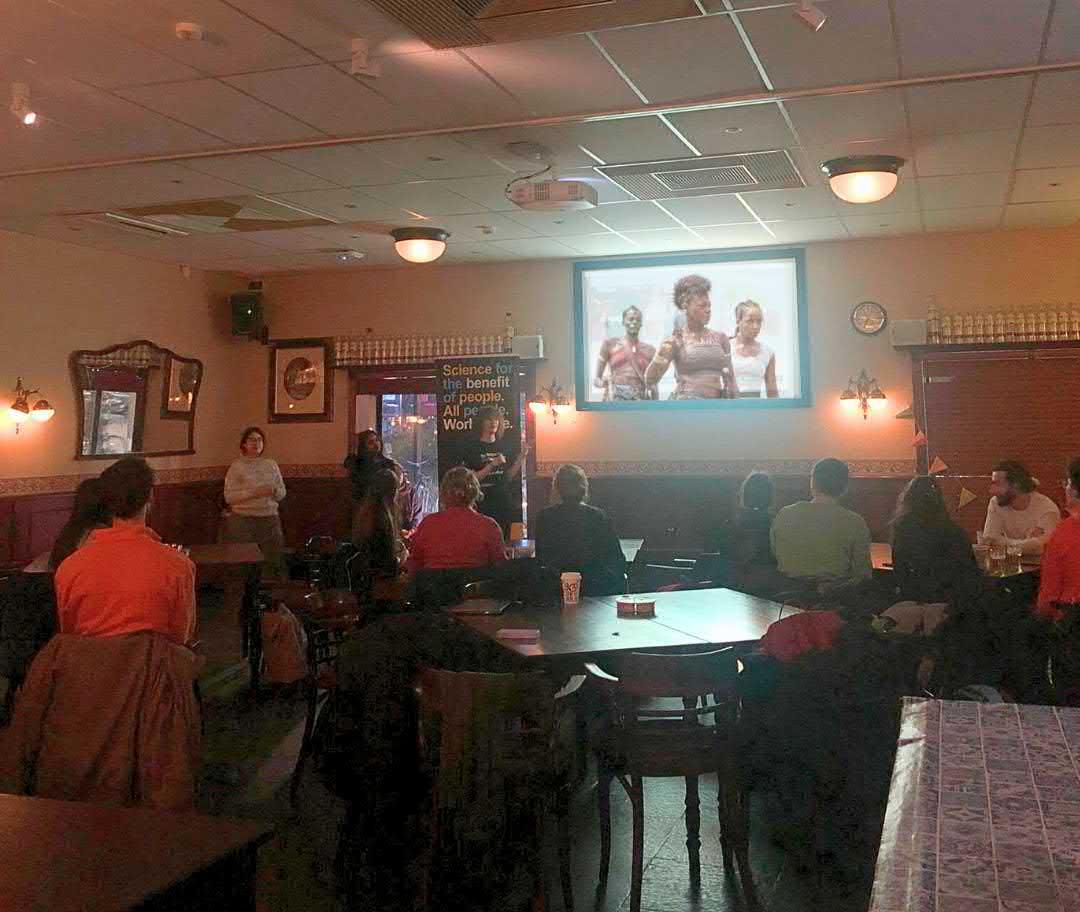

Of course, watching a movie alone is always an option, but let’s face it, it’s more fun to watch with friends. And with snacks and drinks provided, we were all ready to take on the battlefields of West Africa with the fierce female general leading the way. The movie reminded us that war is not just a man’s game, and women can be just as courageous and strong in the face of adversity.
But let’s not forget the real reason we were there: to celebrate International Women’s Day. As the night wore on, we were reminded of the many accomplishments of women throughout history. It was a great opportunity to learn from one another and bond over our shared interest in women’s achievements. And just like Chinua Achebe said in Things Fall Apart: “When we gather together in the moonlit village ground, it is not because of the moon. Every man can see it in his own compound. We come together because it is good for kinsmen to do so.” So, it wasn’t just about the movie itself or the snacks and drinks; it was about the feeling of community and togetherness that came from celebrating women’s achievements with like-minded individuals. And with that, we all left feeling inspired, informed, and a little bit more

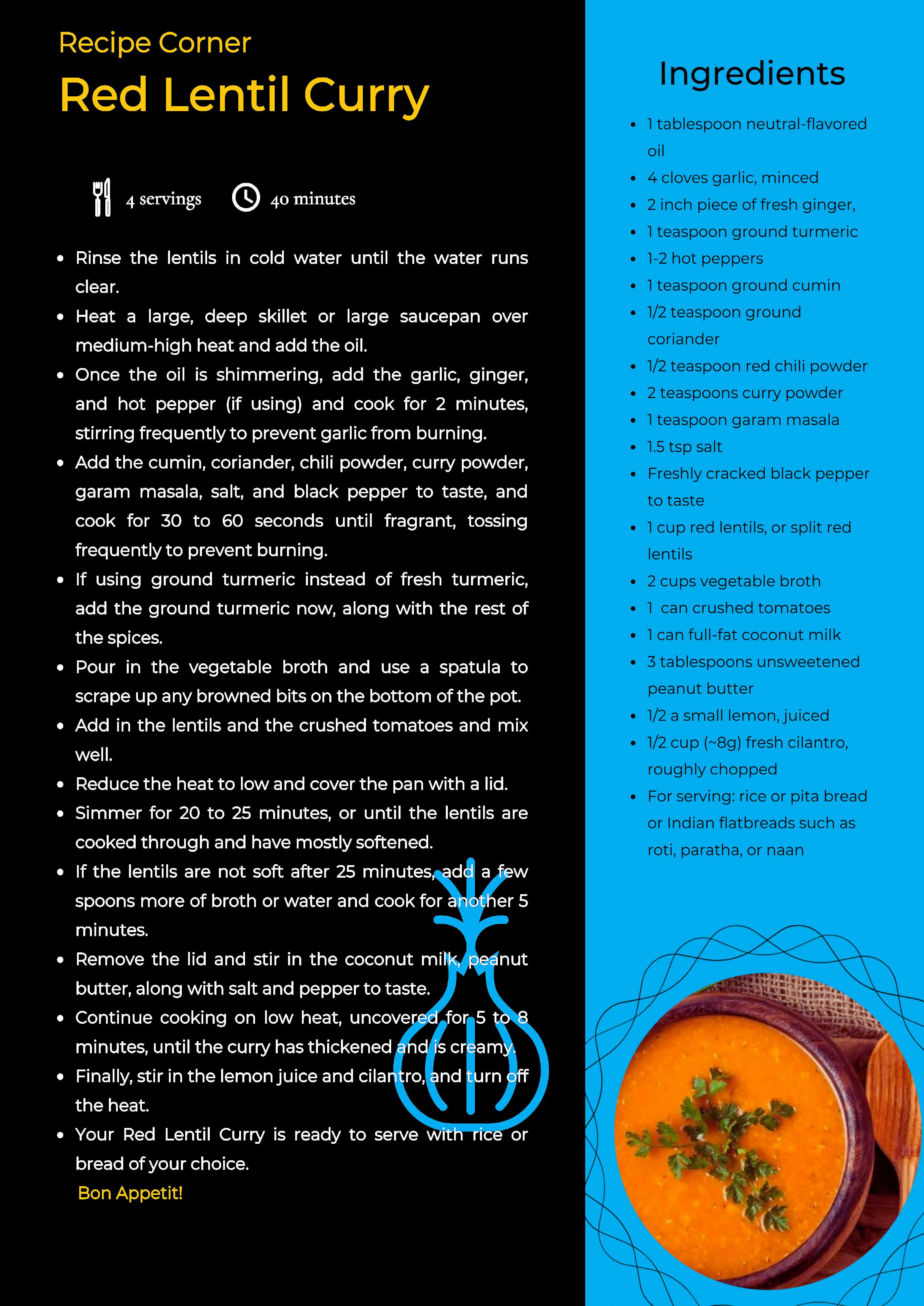


As the saying goes, “necessity is the mother of invention,” and for a group of TU Delft students, necessity was the catalyst for a lifechanging project. Industrial Design students, Emile Waterkeyn & Merlijn Lewerissa, noticed that their education focused primarily on product design for the developed world, with little attention given to low-resource settings.
“During our bachelor Industrial Design at TU Delft , we often felt like the focus of our studies has only been on the developed parts of the world”

Their curiosity to learn how product design was being used in low-resource settings led them to a company called Design Without Borders, and they approached the organization with an offer to help. Together, they identified a pressing need: the Kangaroo Mother Care (KMC) project. KMC method involves mothers having skin-to-skin contact with their preterm babies for at least eight hours a day, imitating the effects of an incubator and reducing the mortality rate of low-birthweight babies by up to 40%. The method has been proven to have a range of benefits such as natural temperature regulation, breathing stimulation, easier breastfeeding, and a more controlled
While the benefits of Kangaroo Mother Care are clear, the application of the method
faces significant challenges. Infrastructure constraints often mean that there are too many cases and too little space to accommodate them all, while limited education resources make it difficult to ensure that mothers are fully aware of the practice and its benefits. Finally, financial barriers may prevent mothers from attending necessary follow-ups at the hospital.
“Our project aimed to tackle these challenges and design solutions that would support mothers in practicing KMC.”
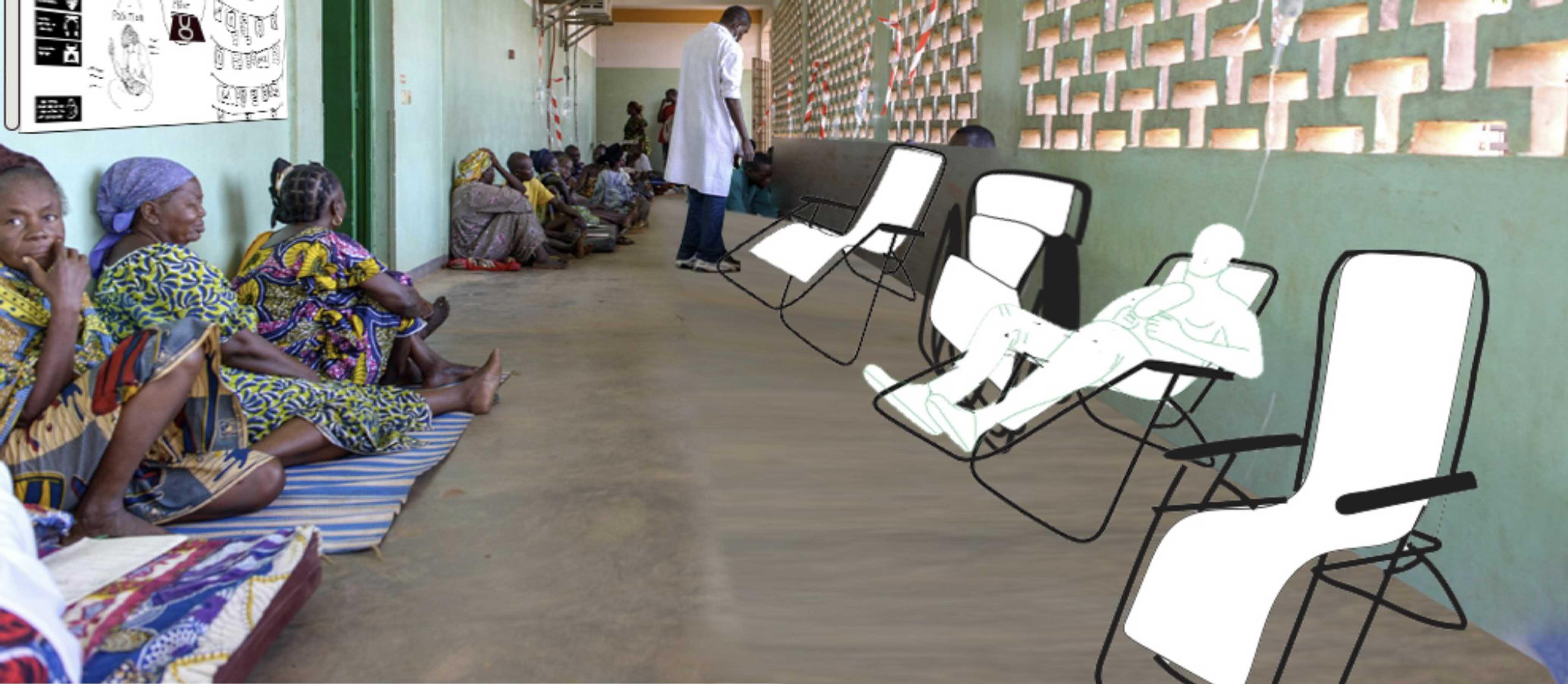
Their journey to design for these challenges began with extensive research in hospitals, where they spoke with doctors, nurses, and mothers to better understand the issues they faced. Access to hospitals was not easy, and they had to navigate bureaucratic obstacles to gain clearance. But they persisted, driven by their passion for making a positive impact on people’s lives.
The next phase involved ideation and prototyping. Acquiring the right parts and tools to translate their ideas into testable prototypes proved to be difficult. However, they overcame this problem by partnering with local carpenters and craftsmen to create the Kangaroo Chair, which was designed based on the Zero Gravity Chair. Through their research, they found that the zero gravity position, where the body weight is equally distributed
throughout the seating surface, was the best position to practice Kangaroo Mother Care. The chair also addressed the issue of limited space. In hospitals where the study was conducted, the absence of dedicated space for KMC resulted in early discharge of mothers, forcing them to perform KMC on hospital benches. This discouraged them from practicing KMC for the recommended duration of eight hours per day. The chair not only provides a designated space for KMC but also ensures that mothers can perform it comfortably for the advised period, leading to improved health outcomes for both the mother and the baby.
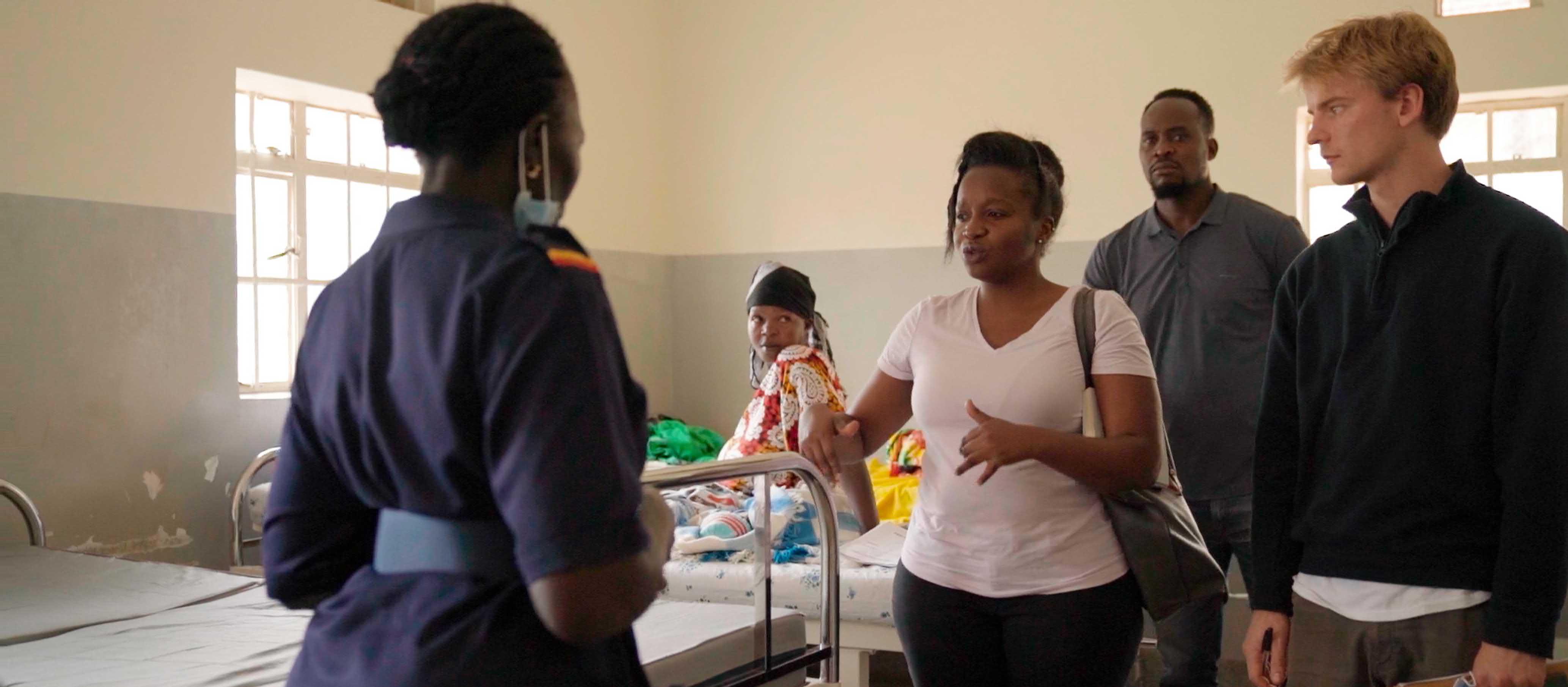
The Kangaroo Chair has two positions, an upright sitting position and a lying position for resting. After extensive testing and validation in hospitals, they made adaptations to the design to ensure it met the needs of both mothers and healthcare professionals.
Design Without Borders are now working on producing the chair in stainless steel and aluminium, which are more suitable materials for hospital use and will enable production on a larger scale.
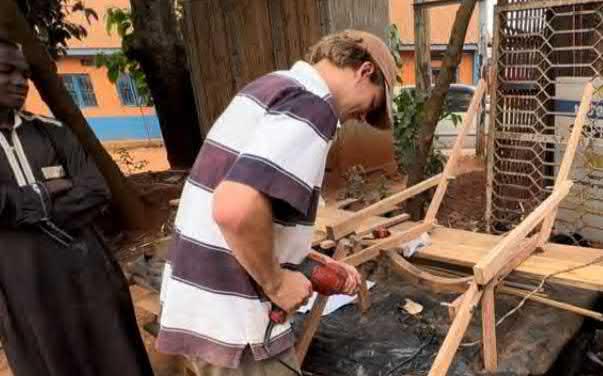

Through their work on the Kangaroo Mother Care project, the students demonstrated the power of design to improve the lives of people facing challenging circumstances. Despite the constraints of limited resources, they persevered and came up with an innovative solution that has the potential to save countless lives. Their story is a testament to the human spirit and the potential we all have to make a positive impact in the world. Let their example inspire us to tackle the biggest challenges facing our communities and to never give up in the pursuit of a better future for all. With hard work, determination, and a willingness to learn from others, anything is possible. As the proverb goes “ Where there’s a will, there’s a way.”


Are you thinking of getting involved in a project in Southeast Asian (SEA) countries, or do you have an offer?. Apart from preparing the project proposal or Project Scope Vision (PVS), communicating with the project stakeholders, accommodation, and the travel arrangements, you might also need to put together paperwork such as the visa application for your destination. We get it that for most of you, visa preparation might be an uncommon exercise. Therefore, to make it less overwhelming and help you have a smooth onboarding, here is some visa information from Southeast Asian countries for long-term volunteering or project-based stays. This is especially important since SEA countries do not have a single policy for all countries like the EU.


Cambodia If you plan to volunteer in Cambodia for an extended period, you should not apply for the regular tourist visa. The government classifies volunteering as “non-touristic,” so it is not covered by the $30 tourist visa (Type T visa). You should submit an application for an ordinary “E-Class” visa, which will cost you $35 USD (not to be confused with the “Electronic Period Visa,” also known as the “E-visa”) (You cannot apply for this online and can only do so at the airport or immigration office across the border upon arrival). In this context, the letter “E” stands for “employment,” but it also stands for any kind of “employment,” paid or not, including volunteering. The “Ordinary E-Class” visa is different from the “E-Visa” that can be applied for online because it can be extended at the immigration office. When you go to extend your E Visa at the end of your 30-day stay, you can choose which type of visa you require. For volunteering, you will need the EB visa, although do check with your organization. There is also a ‘B-Class’ visa, which is also called the ‘NGO (NonGovernmental Organization)’ visa, for which only volunteers with certain NGOs registered with the government are eligible for. Ask your organization if their NGO qualifies for the visas for their volunteers. In some cases, for example, one-year placements, even though you may not be getting paid, a work permit may be required.

Malaysia Malaysia is one of the easiest countries in Southeast Asia to obtain a visa. Most nationalities receive a 90-day visa-free entry upon arrival into Malaysia and to extend this, you can simply cross the border to a nearby country and re-enter with a further 90 days (again, do more research for the complete list of eligible countries). Most volunteer organizations in Malaysia do not require their volunteers to get anything more than the regular tourist visa. However, if you are volunteering for a long period, and your organization requires it, you may want to obtain a ‘special visit visa’ upon arrival into Malaysia, which is valid up to 12 months and need no preparation in advance. In order to apply for the ‘special visit visa,’ you need a Malaysian sponsor.
As one of the most disaster-prone countries in the world, the Philippines is frequently in need of volunteers. Most nationalities receive 30days upon arrival into the Philippines that is extendable. For formal
 NOWHERE IS BEYOND YOUR REACH!
NOWHERE IS BEYOND YOUR REACH!
volunteering in the Philippines, for longer than 6 months, you may be required to apply for a non-immigrant visa. Check with your organization before departing.

Indonesia As a tourist, most nationalities receive a 30-day visa-free entry to Indonesia (you can do research if your home country is one of them). However, to volunteer legally for an extended amount of time in Indonesia, you must obtain a ‘Social Cultural Visa’ (Sosial Budaya), which allows foreigners to visit the country to engage in social and cultural activities. (Many NGOs will not accept you without this visa as it is illegal to engage in any activity that is work-related, even if it is unpaid work, on a regular tourist visa.) The ‘Social Cultural Visa’ is valid for 60 days and can be extended to a total of 180 days (30 days each time).To apply for a Social Cultural Visa, you need to apply at the Indonesian Embassy in your country of residence, or in another country which is not Indonesia. You must have an Indonesian ‘sponsor’ , ID and passport, photographs, sponsor’s family registry card, and sponsor’s bank statements. Sometimes they also require a proof of your return ticket. The Social-Cultural, or B211, visa is valid for 60 days and can be extended once you’re in Indonesia for up to six months. The cost of the visa will set you back $45 USD for 60 days, and extensions of 30 days are an additional $60 USD. Apply at the Indonesian Ebassy in the Netherlands
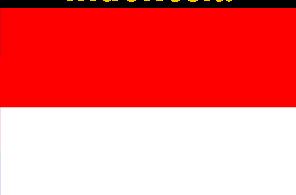
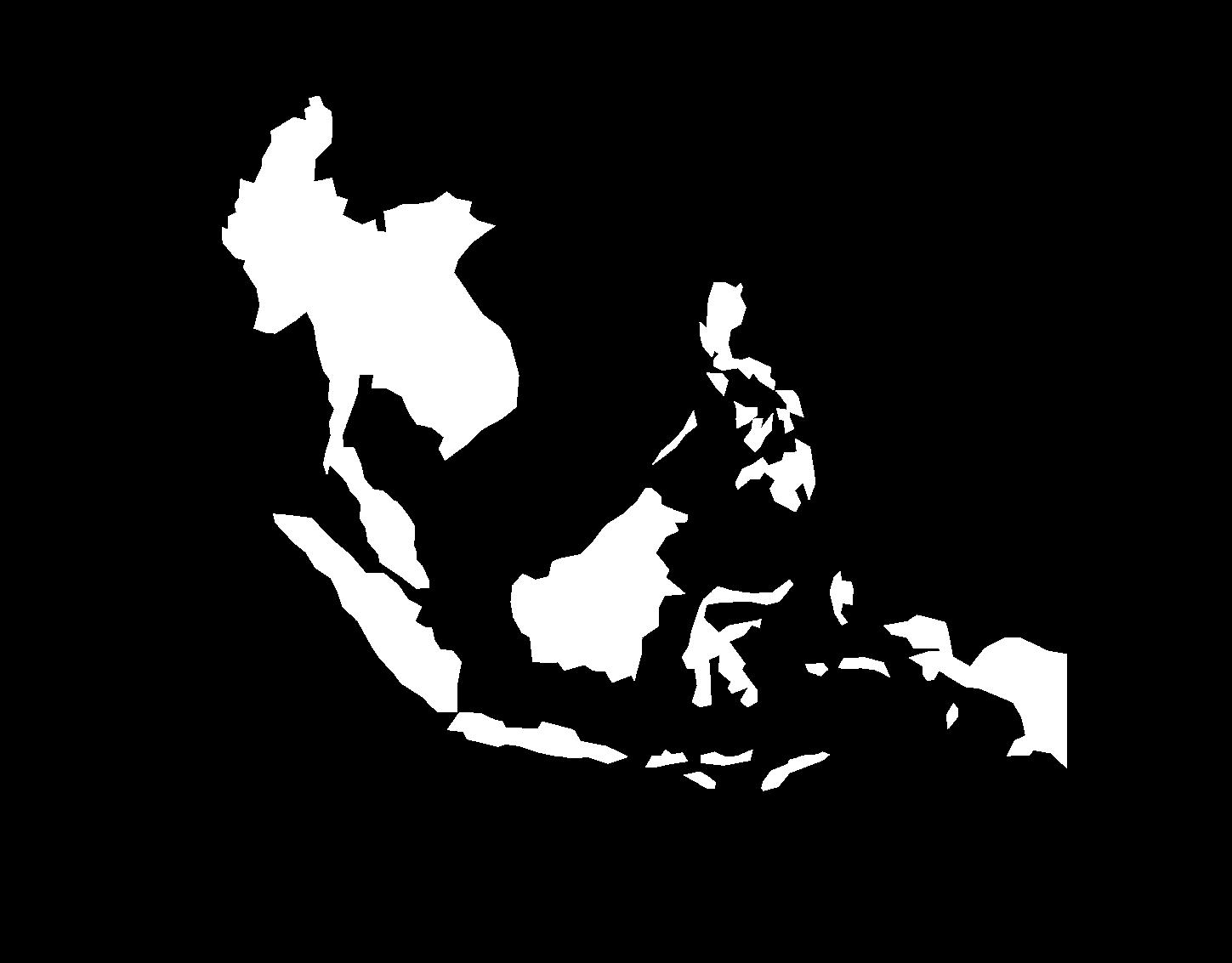
Singapore As one of the richest countries in Southeast Asia, there are very few volunteering opportunities in Singapore. All EU and US citizens receive a 90-day visa upon arrival into Singapore. If you want to volunteer for more than a few days in Singapore, the people to speak to as regards visas, work permits and passes are the ‘Ministry of Manpower’ who are very helpful and you can email them with your inquiry.

Thailand Unsurprisingly, as the most popular country for tourists to visit in Southeast Asia, Thailand is the most popular destination for volunteering. Upon arrival in Thailand you receive a 30-day Tourist Visa. Short-term volunteering is viewed as ‘eco-tourism’ for short periods i.e. (4 weeks or less). If you wish to volunteer or stay longer, you may wish to consider getting a visa before you leave, from your local Thai Embassy.
To formally volunteer for a longer period in Thailand, you must apply for a ‘Non-Immigrant O Visa’ prior to your arrival, which is valid for 12 months. You will need the following: Passport, Photo, evidence of sufficient funds (at least $500 USD), letter from host organization or sponsor, and visa application form from the official Thai embassy website.
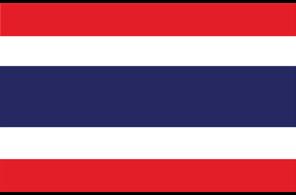
Vietnam You can apply for a visa online to enter Vietnam for 30 days. If you plan to stay longer than this, you should apply for a visa at a Vietnamese Embassy before you travel (90-day visas are available).It is better (and cheaper) to apply for a longer visa than try to extend your short-term visa once you are in the country. Due to complicated and conflicting visa laws, most volunteer organizations simply state that you should apply for a tourist visa only, as there is no official visa for ‘volunteers’. If you are unsure, speak to your volunteer organization before you travel and they should be able to help you.
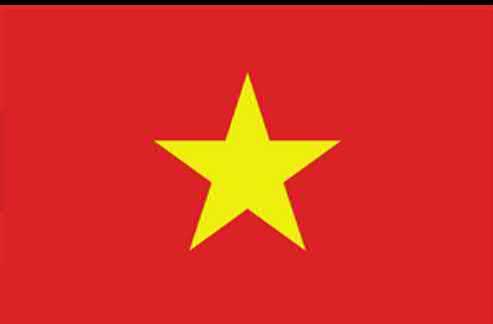

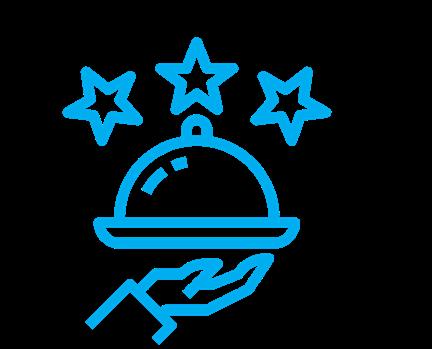
La Cubanita Delft is a vibrant and welcoming restaurant that offers an all-you-can-eat Cuban fine dining experience that is sure to please anyone who loves bold flavour and exciting atmosphere. Located in the heart of Delft, the spicy and flavourful food at the restaurant is sure to transport you to the heart of Havana and leave you with lasting memories.
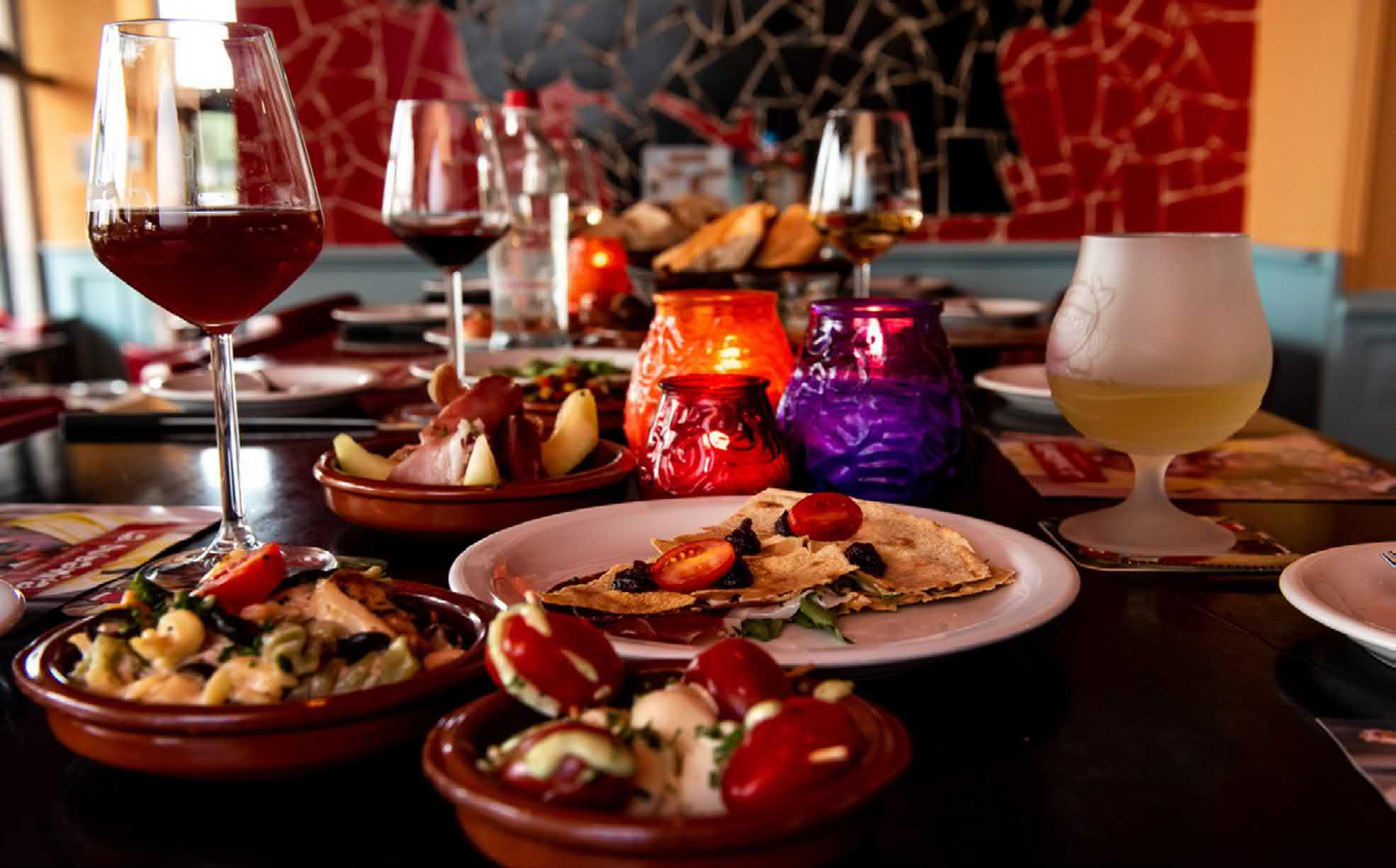
Student ambassadors from the DGSC visited the restaurant for a get-together and were impressed by the quality of the food and the excellent service. The ambience at La Cubanita was warm and inviting, with lively decor, warm lighting, and colourful art pieces. The staff was friendly, attentive, and always available to answer any questions or provide recommendations. The gathering lasted for close to three hours, giving the group ample time to enjoy their evening and socialize with each other.

The all-you-can-eat menu at La Cubanita costs EUR 22.5 on weekdays per person (excluding drinks and desserts) and offers a wide range of authentic Cuban dishes that are sure to please any palate. The group indulged in a variety of mouth-watering dishes, all of which were cooked to perfection and generously portioned. Some of the highlights included:
Fried Shrimp with Avocado Dip: Crispy fried shrimp served with a creamy avocado dip that
Prawns in Spicy Garlic Cream Sauce: Juicy prawns cooked in a spicy garlic cream sauce
Bread with Aioli: Fresh bread served with a
• Shrimp Croquettes: Crispy croquettes filled with succulent shrimp that were the group favourites.
• Onion Rings with Chilli Sauce: Crispy fried onion rings served with a zesty chili sauce that added a delightful kick.
• Taco Pulled Beef: A classic Mexican dish with a Cuban twist, featuring tender pulled beef served in a crispy taco shell.
• Chicken Strips Wrapped in Bacon: Juicy chicken strips wrapped in crispy bacon, a delicious combination that was a hit among the group.
• Deep Fried Chicken Pieces with Honey Mustard Sauce: Crispy fried chicken pieces served with a sweet and tangy honey mustard sauce that was the perfect contrast to the savoury dish.
The vegan member of the group had limited options, but the restaurant’s staff went out of their way to accommodate their needs. Options were limited to the Onion Rings with Chilli Sauce, which were crispy and flavourful and the Bruschetta, a delicious tomato and garlic appetizer, along with a cup of coffee, which was a perfect end to the meal. The rest of the group indulged in a variety of alcoholic and non-alcoholic drinks, including a Mojito, Sex on the Beach, Cola Zero, and coffee.
The group of students had a memorable dining experience at La Cubanita in Delft. The restaurant offers great food, excellent service, and a welcoming atmosphere at an affordable price. The student ambassadors recommend La Cubanita to anyone looking for a delicious all-youcan-eat Cuban fine dining experience in the area, although vegan options are limited.
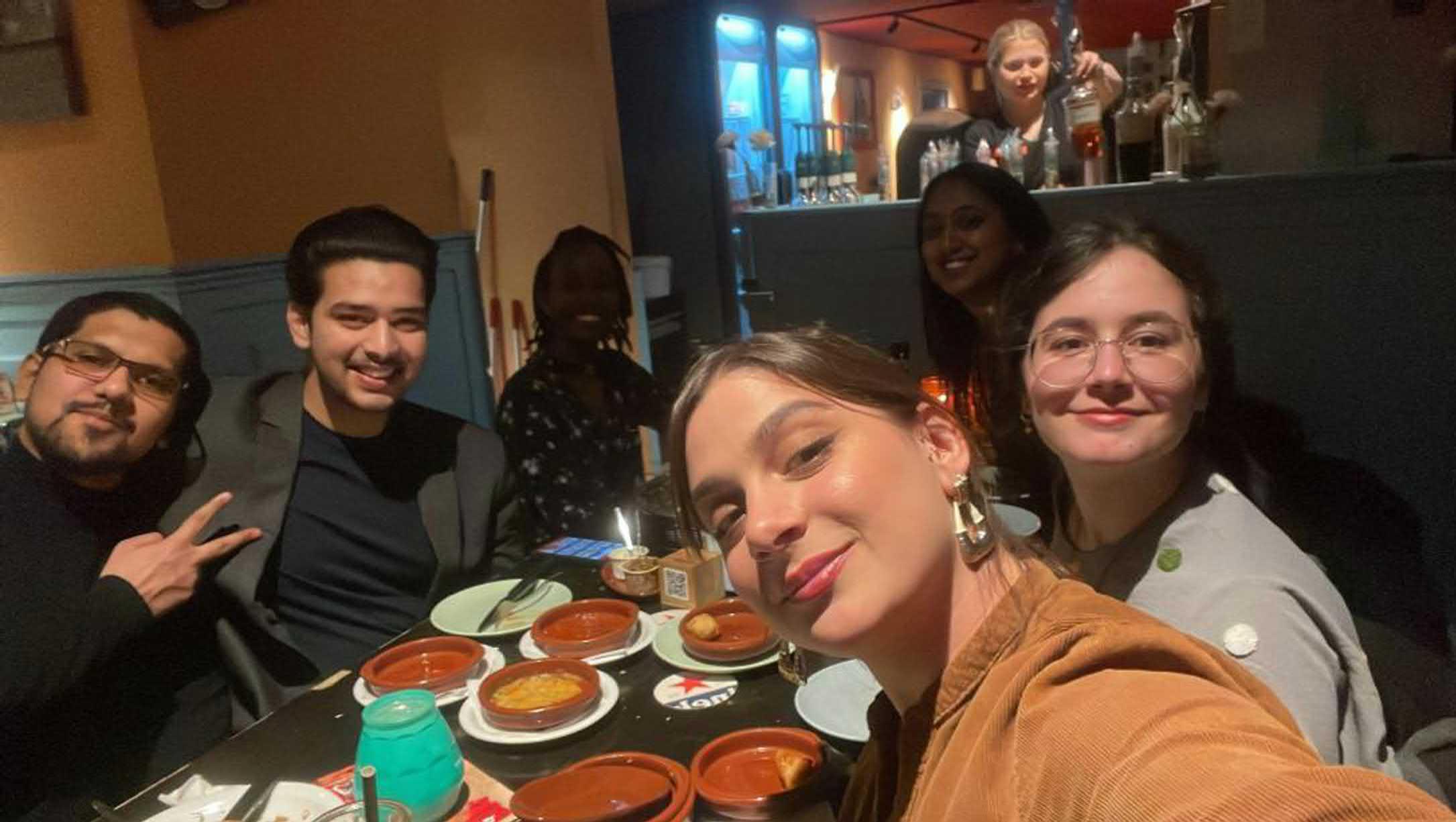



Fill a 9x9 grid with numbers 1-9 so that each row, column, and 3x3 box contains every number exactly once.
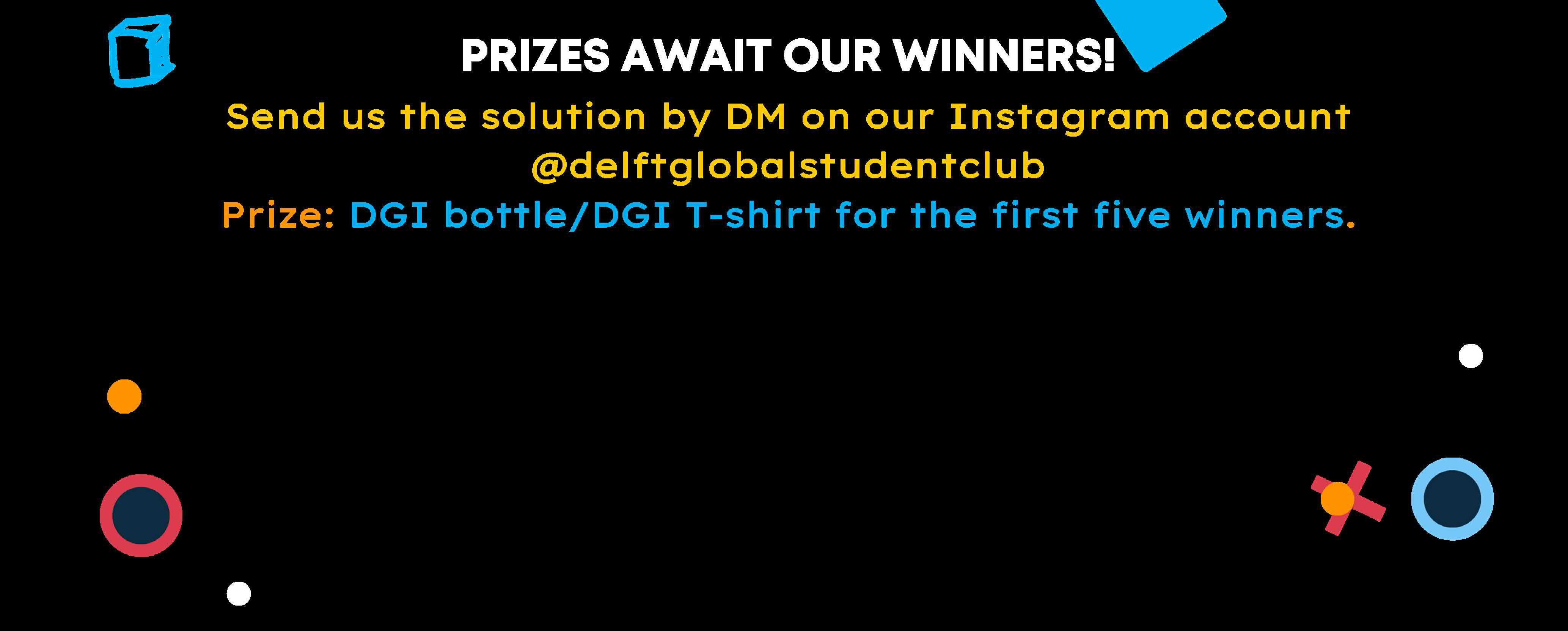

The TU Delft | Global Initiative strives to tackle the world’s greatest challenges through advanced science and technology that is specifically targeted towards regions in the Global South. The Global South is an underrepresented region when it comes to higher education opportunities. To address this issue, the Sub-Saharan Africa (SSA) Excellence scholarship program was established to provide students with the opportunity to study at TU Delft. Securing a scholarship to study abroad can be a daunting task, and so we sat down with three scholarship recipients to hear about their experiences, insights that can help others, regarding applying for a scholarship at TU Delft
Neeha Brojolall
MSc. Sustainable Energy Technology (SET) student from Mauritius
Firstly, it is important to thoroughly research the program and scholarship options available. In my case, I was looking for a master’s degree in sustainable energy and came across the SET program offered by TU Delft. I also learned about the scholarship opportunities provided by the DGI, which helped me finance my education.
The application process itself was relatively straightforward, and the interview for the scholarship was a positive experience. It is crucial to prepare well for the interview and make a compelling case for why you should be considered for the scholarship.
Studying in the Netherlands has been a unique experience for me, and I have encountered some cultural differences that I had to adjust to. However, the quality of education, access to resources and opportunities, and emphasis on mental health and student development have been some of the
significant impact on my academic and personal journey by removing the financial barriers that I faced, allowing me to focus more fully on my studies.
Finally, my advice to other students from the Global South who are interested in applying for a scholarship at TU Delft would be to do their research and prepare well for the application and interview process. It can be a challenging process, but the rewards of obtaining a scholarship to study at such a prestigious university are worth it.
Altayeb Malik
MSc. Civil Engineering (Stuctural Engineering) student from Sudan

I found out about this scholarship opportunity while researching top universities in the field of structural engineering, and after discovering TU Delft’s excellent reputation, I visited the TU Delft | Global Initiative website and learned about their scholarship awards. So, my first advice to you would be to conduct thorough research on universities that align with your interests.
The application process was a smooth experience for me, despite initial nervousness about the scholarship interview. However, TU Delft and DGI provided clear instructions, which made the process easier. My only challenge was waiting for a response, but it was worth it in the end when I received the scholarship award.
My biggest accomplishment since starting my studies has been the personal growth that I have experienced. The scholarship has also had a
When I found out that I had been accepted to study at TU Delft, a mix of emotions flooded me. Although excited, I was also nervous and worried about being away from my family and not being good enough to stand out among other students. However, I quickly realized that these worries were unfounded as I was doing well in my studies, achieving high grades, and even helping other students. So, my second piece of advice to you would be to have faith in yourself and your abilities, as you may be pleasantly surprised by your achievements.
Studying in the Netherlands has been a welcoming and friendly environment, making it easy for me to adjust. The staff and students have been supportive, making me feel like I am part of a larger family. There may be cultural differences that you may face, but my advice would be to embrace them as they offer opportunities to learn and grow.
One of my biggest accomplishments since starting my studies at TU Delft has been the opportunity to learn from people and broaden my perspectives. So, my third piece of advice to you would be to put yourself out there, try new things, and join clubs and activities to expand your network and gain valuable skills and knowledge.
Finally, my advice to you would be not to worry too much about fitting in or keeping up. Focus on showcasing your strengths during the application process and network. This will help you feel at home and could lead to valuable opportunities. Cherish every moment and make the most of your experience at TU Delft.
Mohamed Ibrahim
MSc Architecture, Urbanism and Building Sciences from Ethiopia
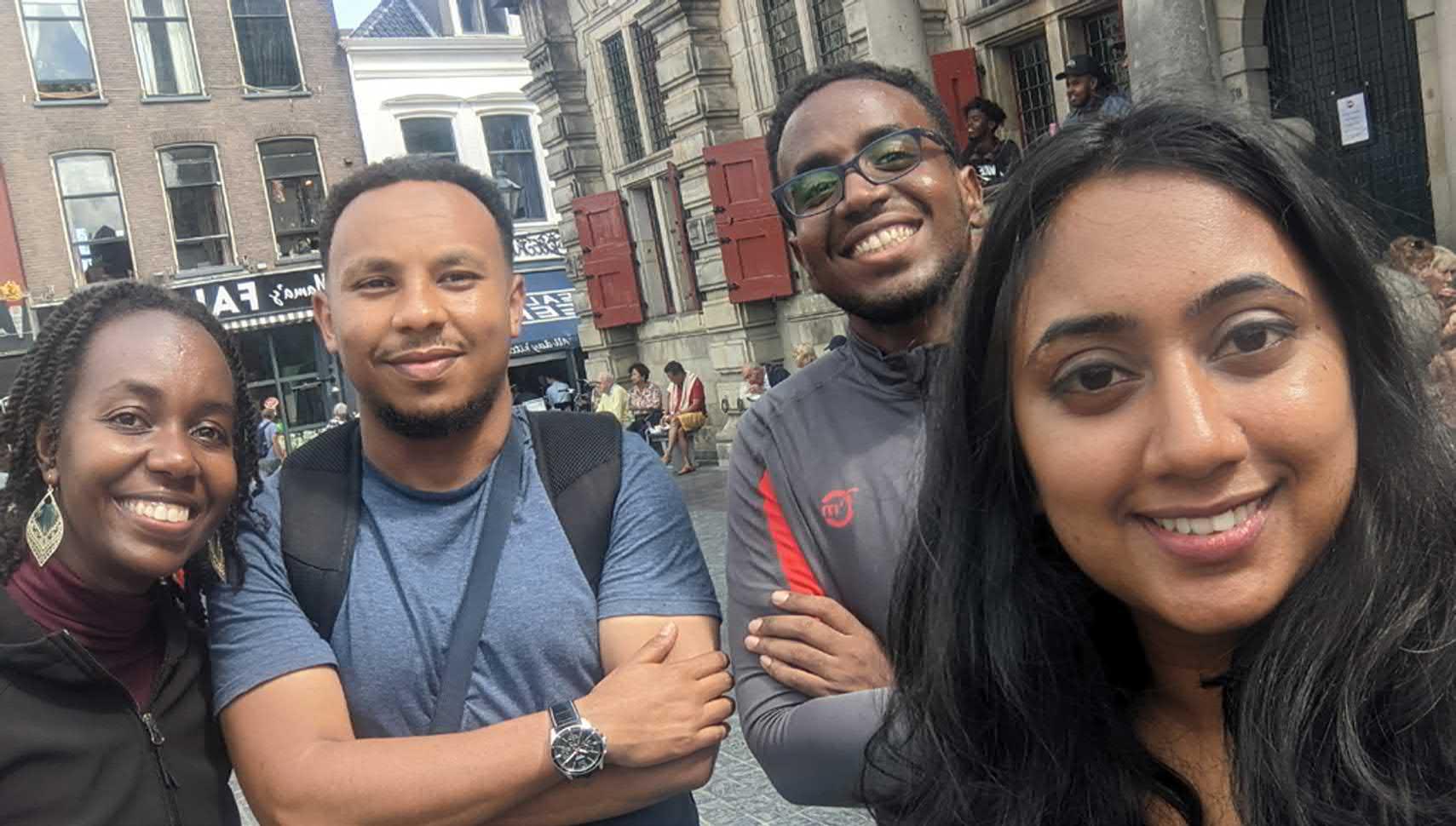
I first learned about the scholarship opportunity from the TU Delft | Global Initiative through a colleague who showed me the Architecture program tracks at TU Delft. I became interested in the Building Technology track and my friend told me about the scholarship which he had heard about from a professor at our university back home. After researching SSA scholarship, I decided to apply.
The application process was straightforward. As an Architecture applicant, I had to create a portfolio of my undergraduate projects, and the requirements for the documents were clear. However, I did face a challenge when it came to paying the application fee as Ethiopian debit cards do not work for international payments. Thankfully, a friend abroad was kind enough to pay for me. When I found out that I was accepted and would

be studying at TU Delft, I felt privileged and fortunate to have been given this opportunity.
Studying in the Netherlands has been a valuable experience for me as it has allowed me to develop the skill of communicating and collaborating with people from diverse backgrounds and cultures. My most significant accomplishment since starting my studies at TU Delft was a project that I worked on during my first quarter. With a team of four people, we developed a convertible shading device for city centers to help cool them down during the summer months. The prototype was exhibited in the botanical garden of TU Delft for a month and was an important achievement for us.
My most memorable and impactful experience during my time at TU Delft was participating in a project called Rietveld Chair Reinvented. I traveled to Groningen, where I saw a researcher from the Robotic Building Lab refurbish a 20-year-old car manufacturing robot to assemble scrap wood and robotically mill out a topologyoptimized shape of the chair from the assembly. It was inspiring to see someone push the limits of what’s possible and achieve their goals
For other students interested in applying for a scholarship at TU Delft, I would advise them to be authentic and tell their story, both in their motivation letter and interviews. It’s also essential to make sure that the MSc. they pursue is the right fit for them.
from left to right, Leah, Mohamed, Altayeb & Neeha




